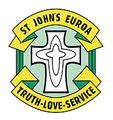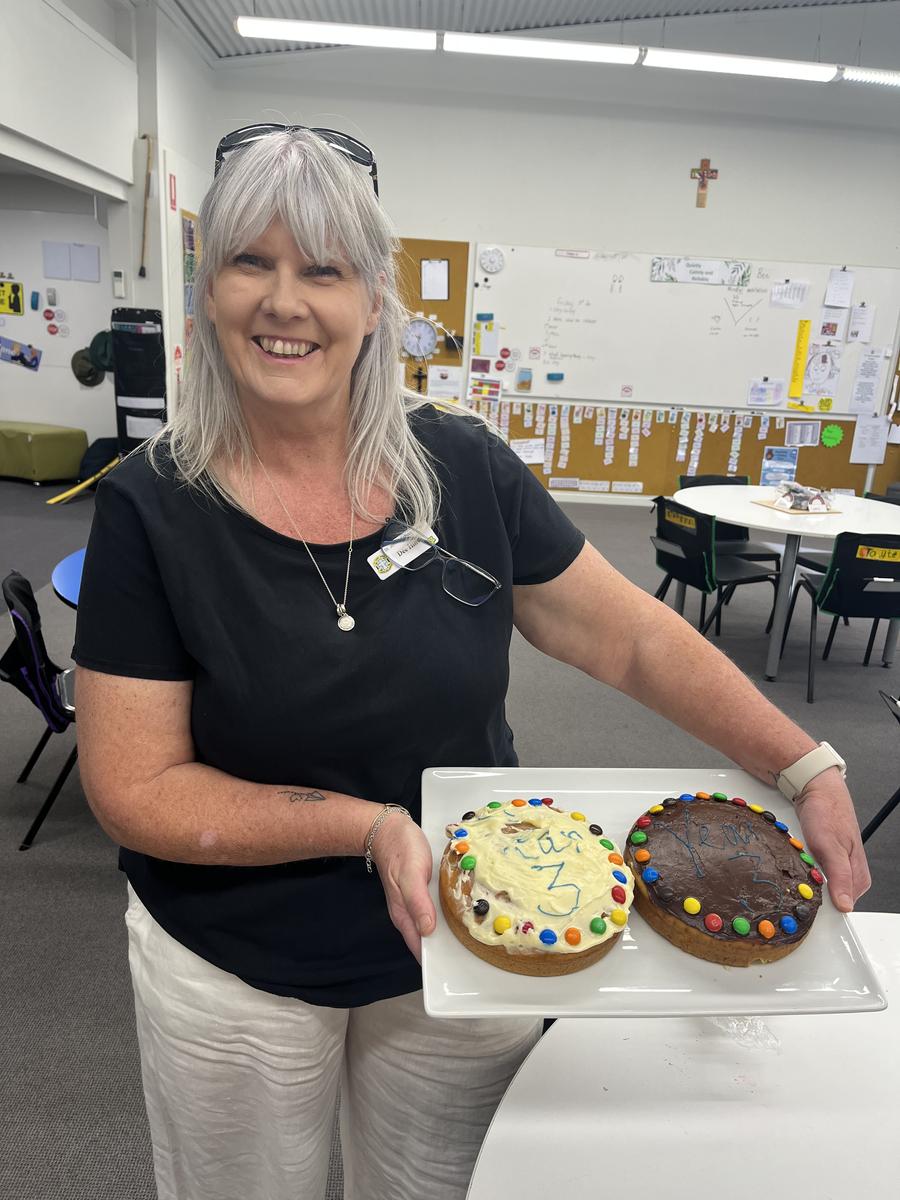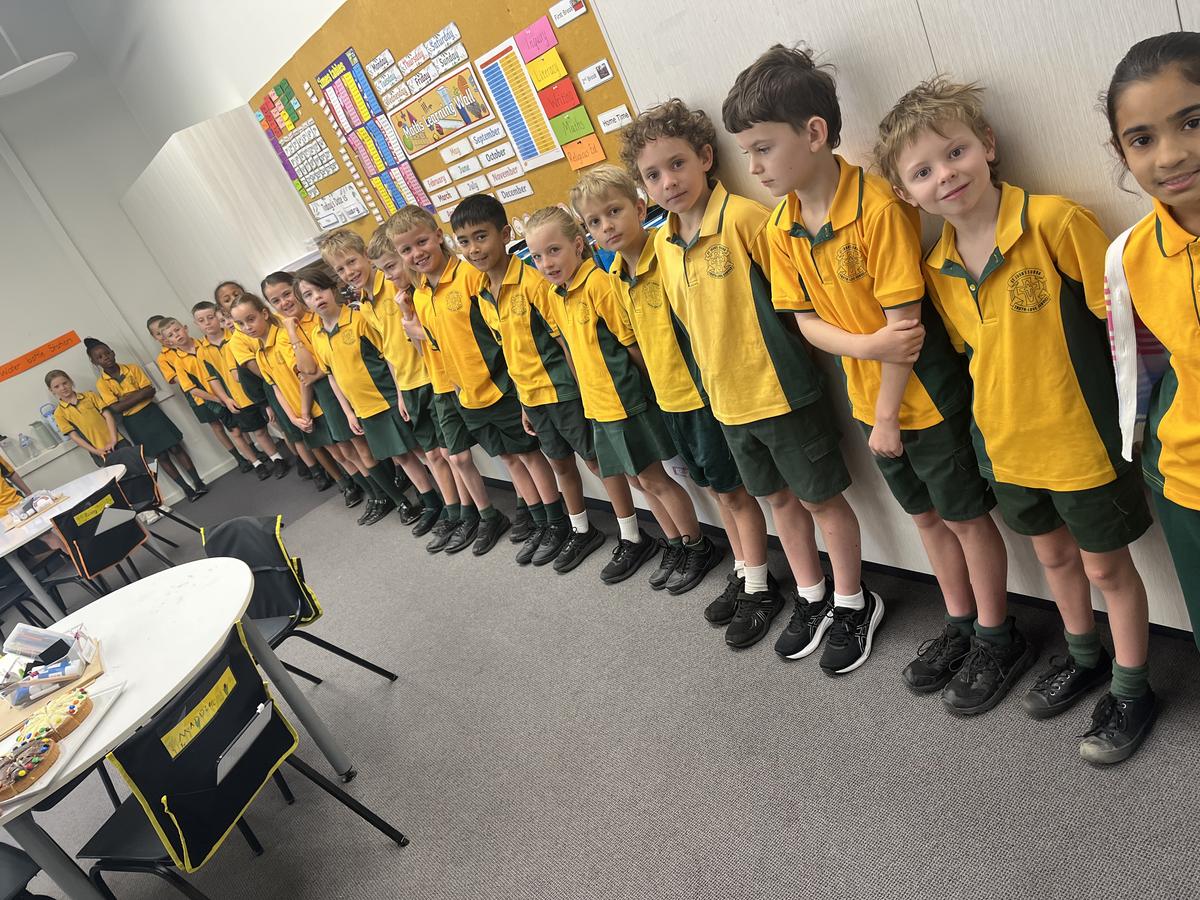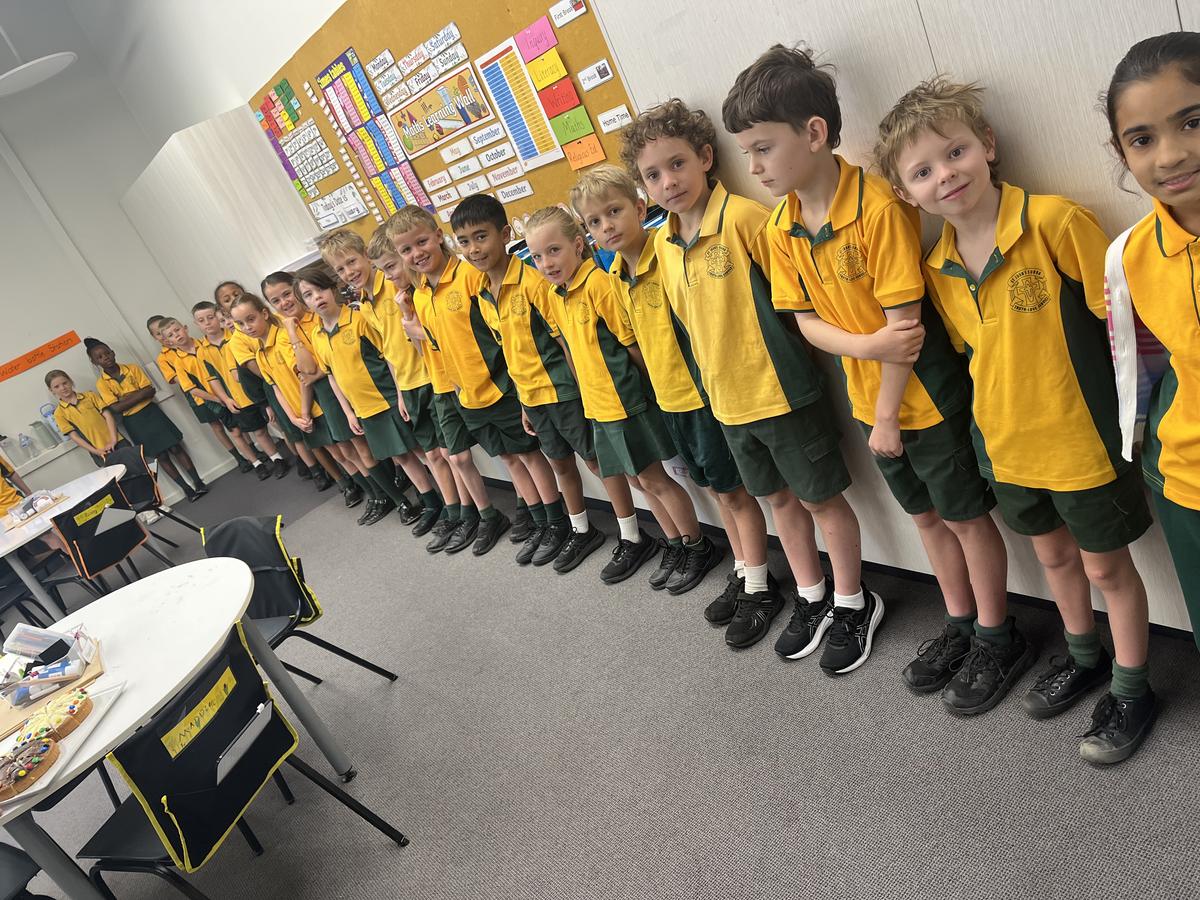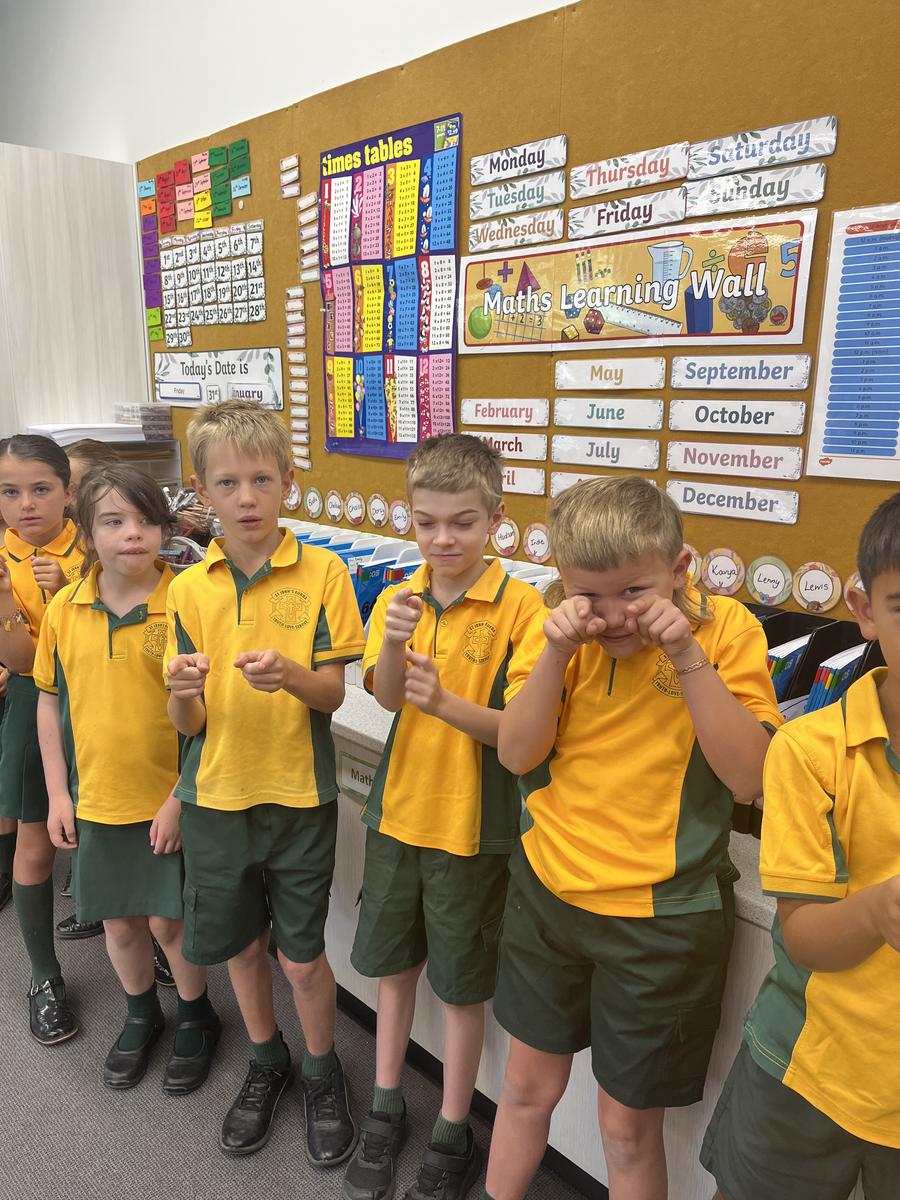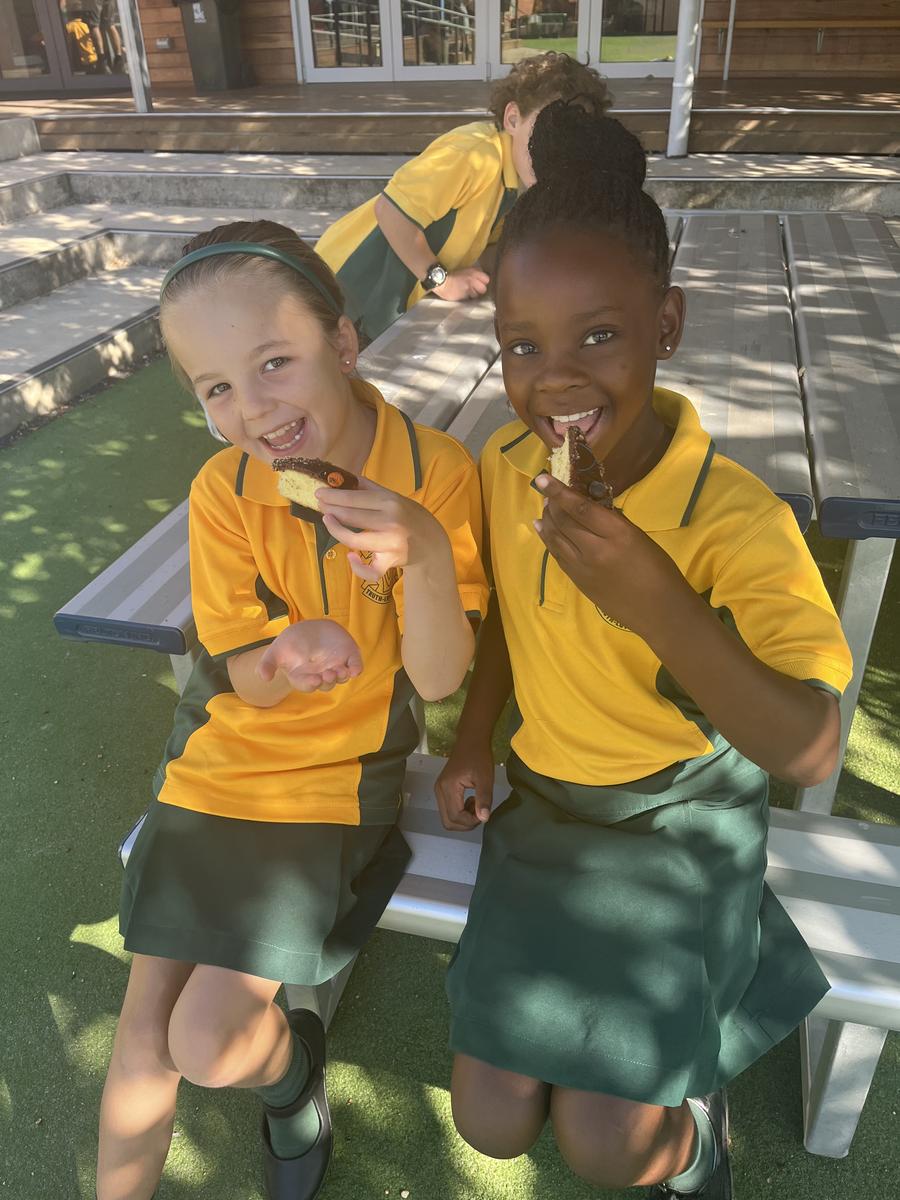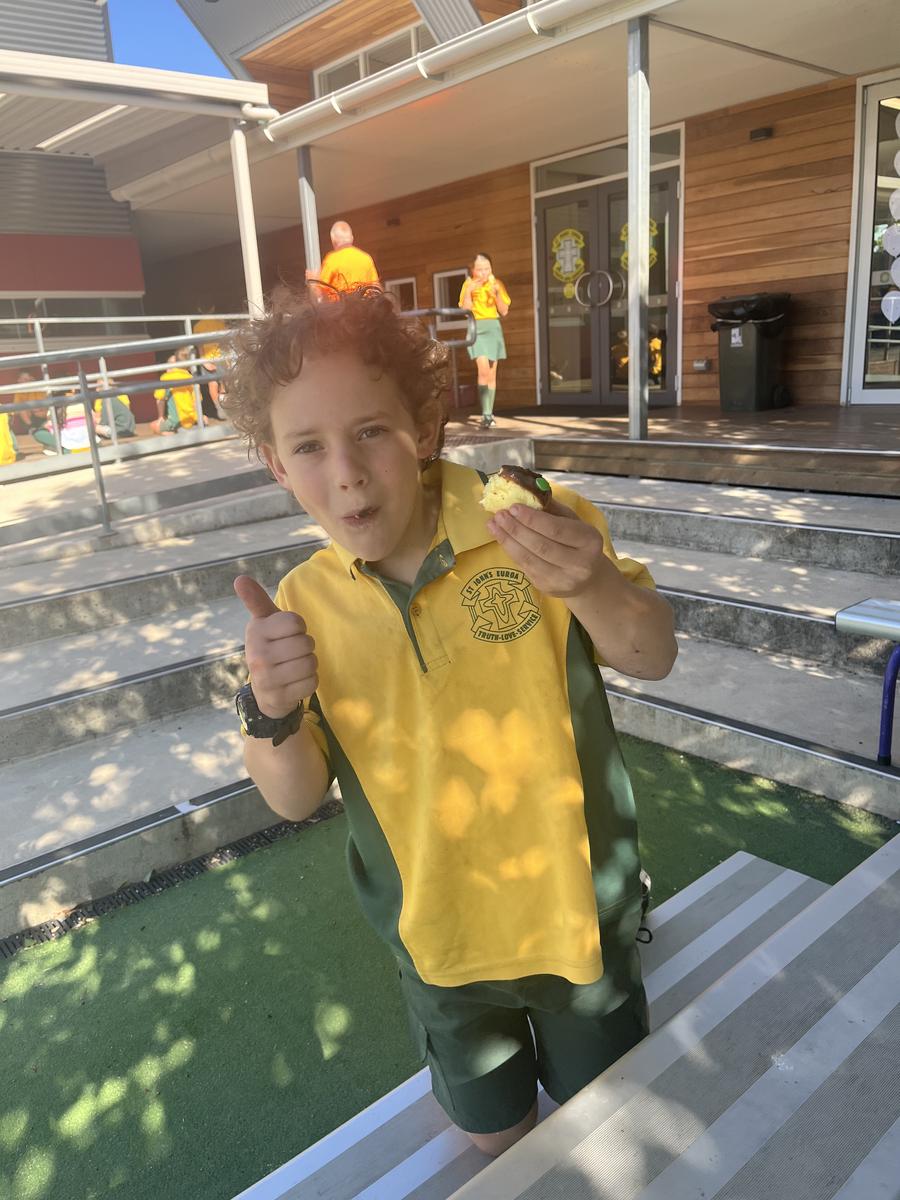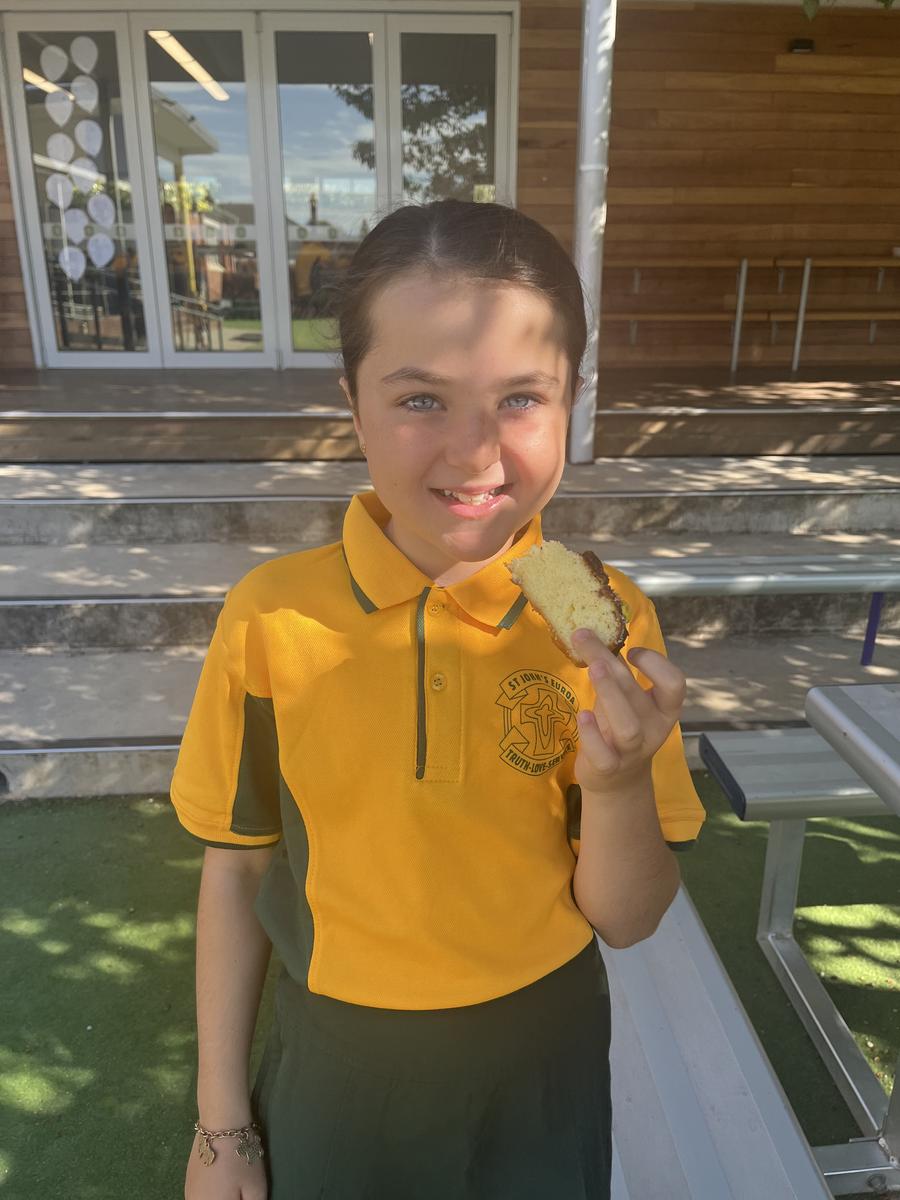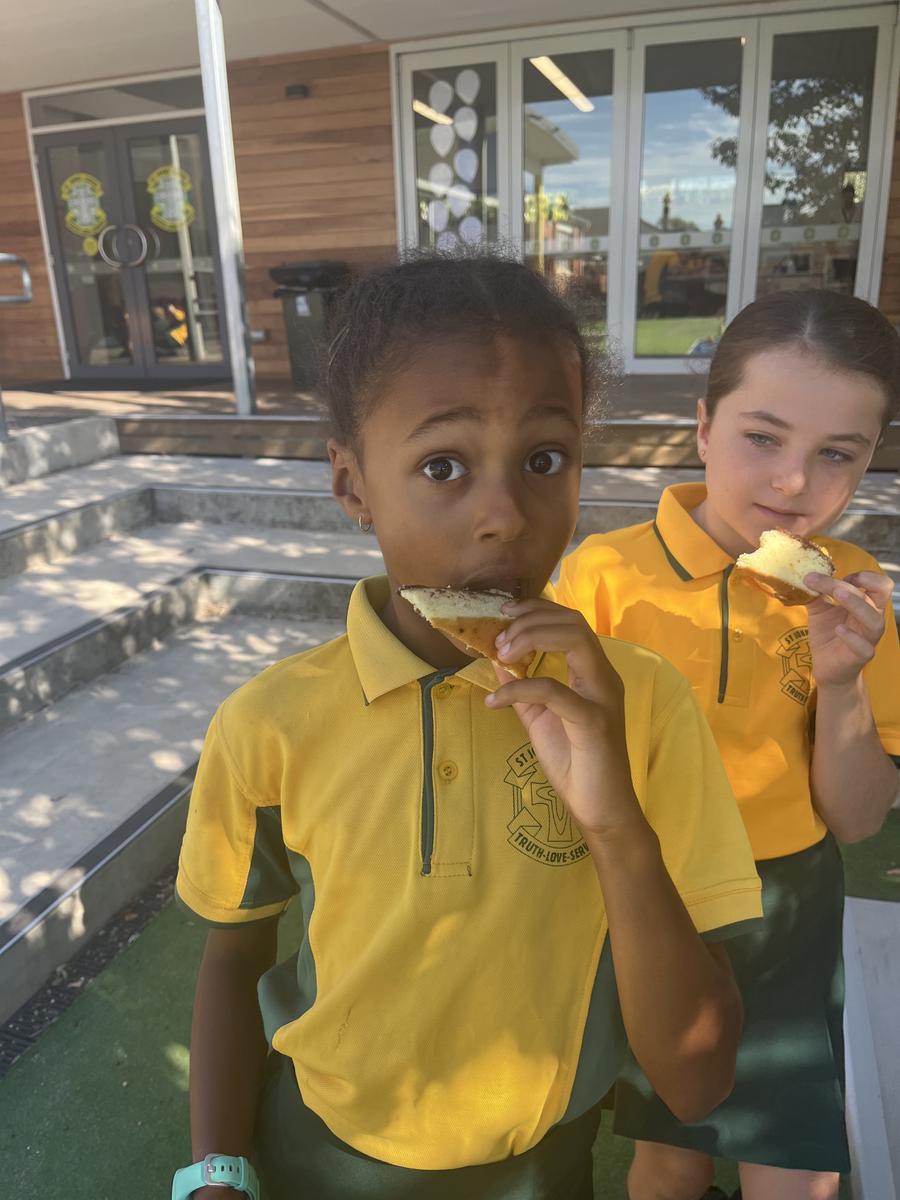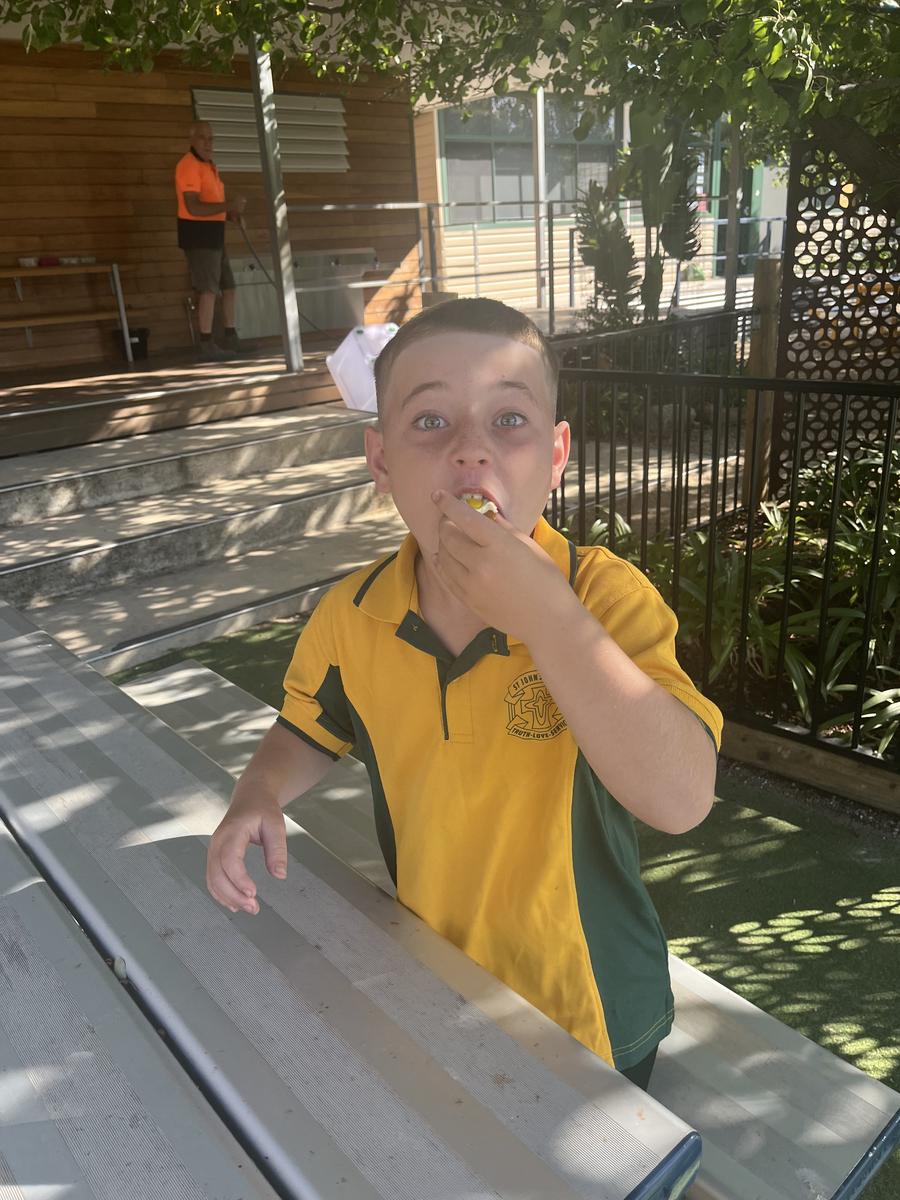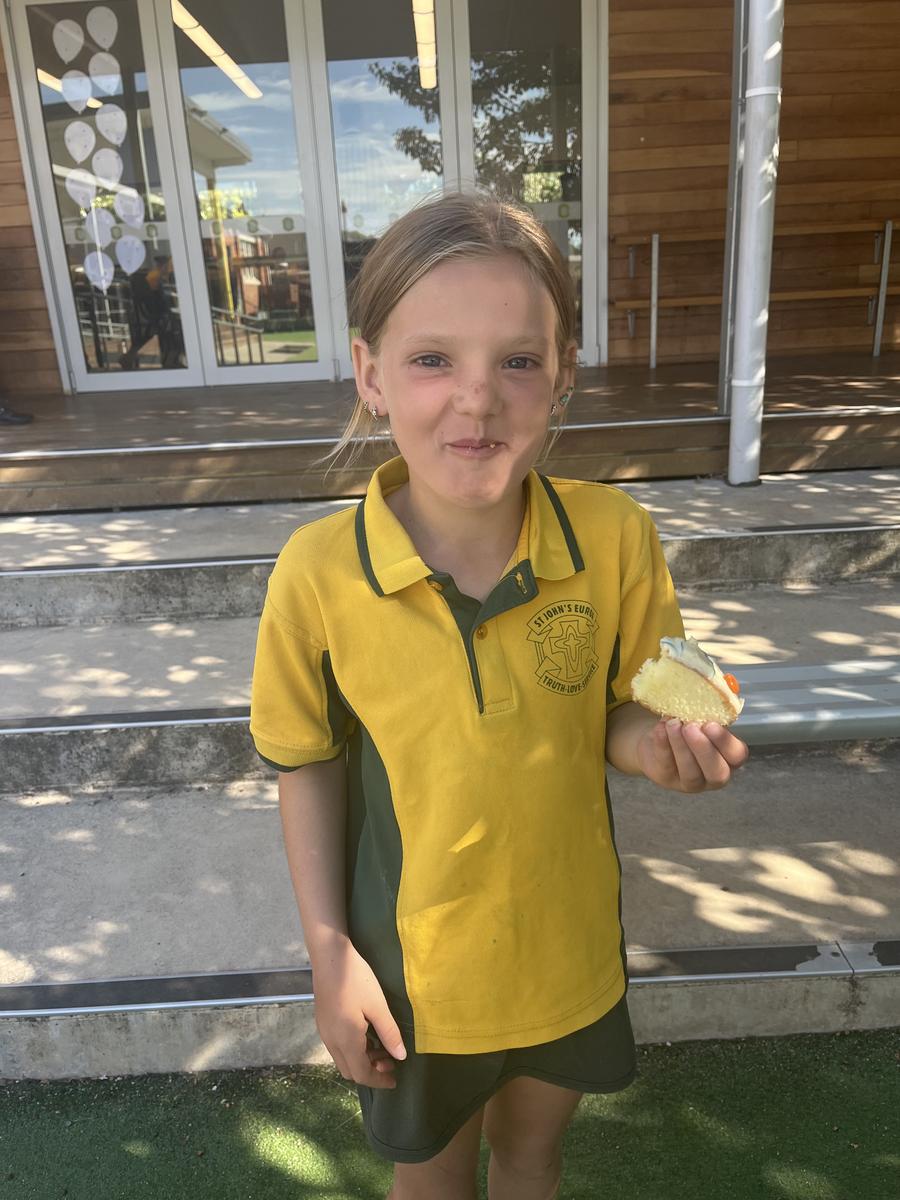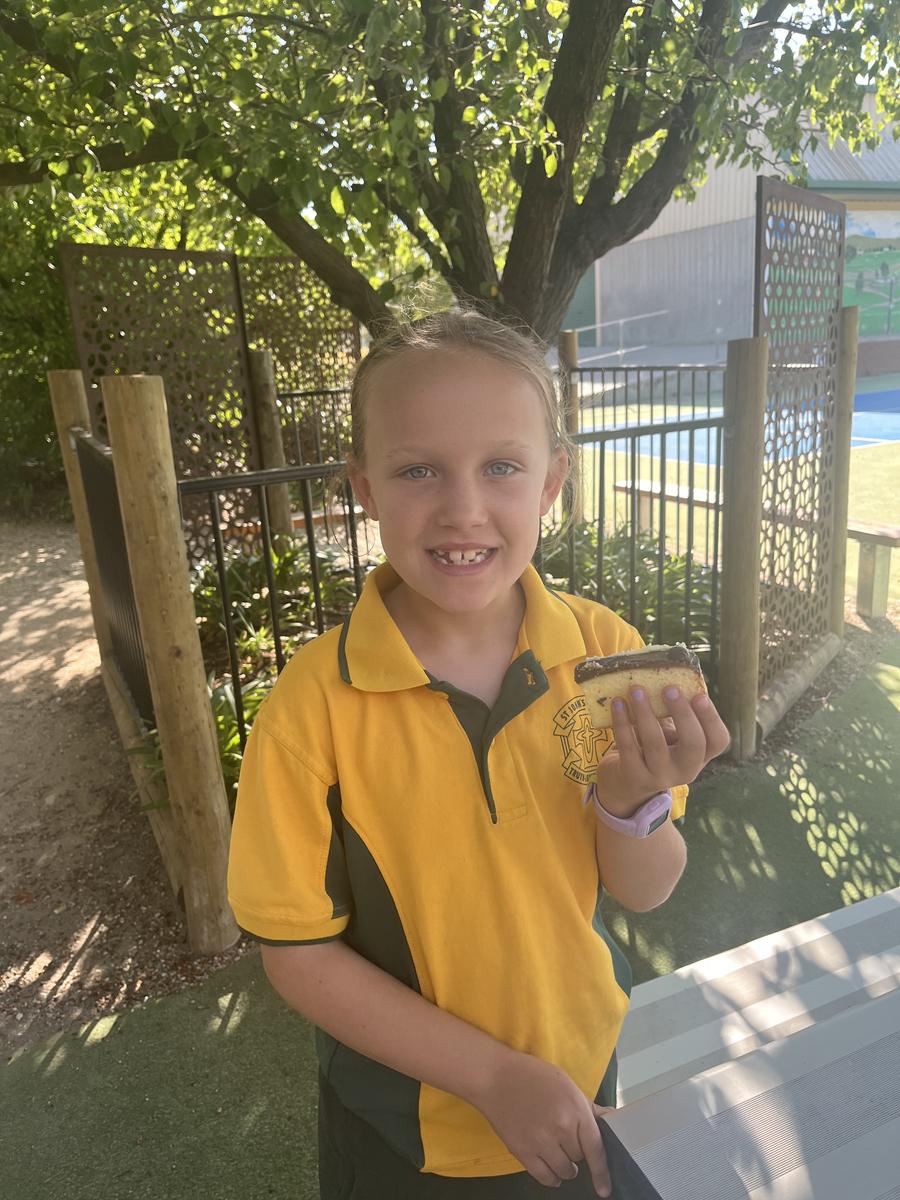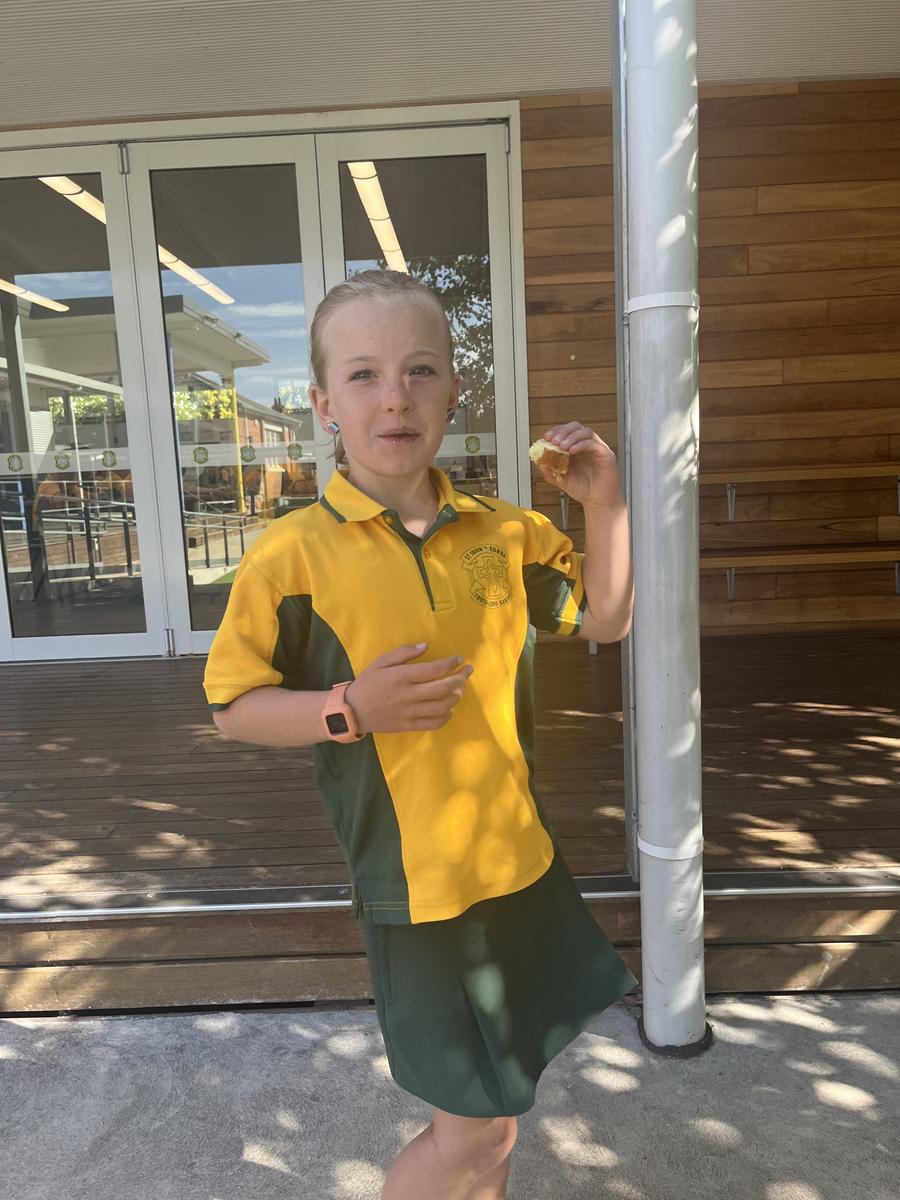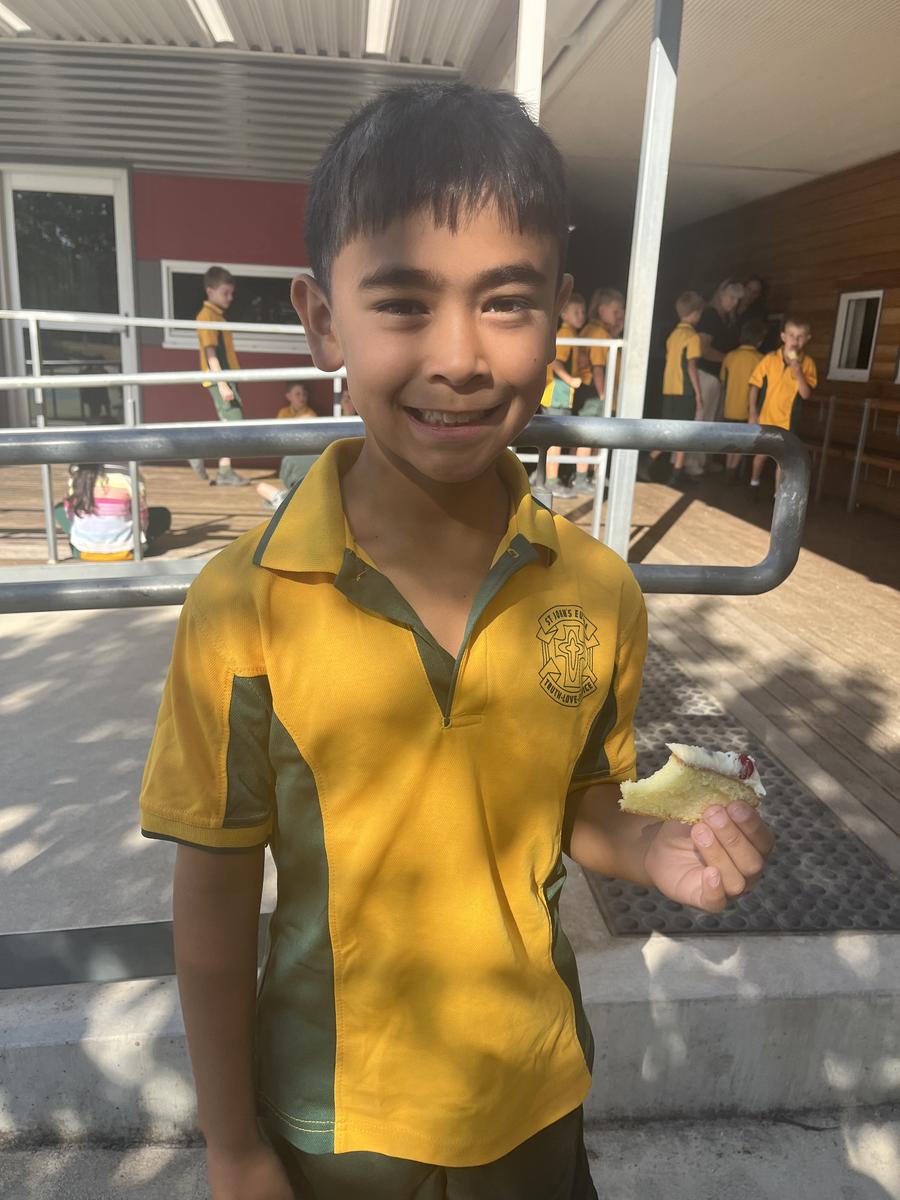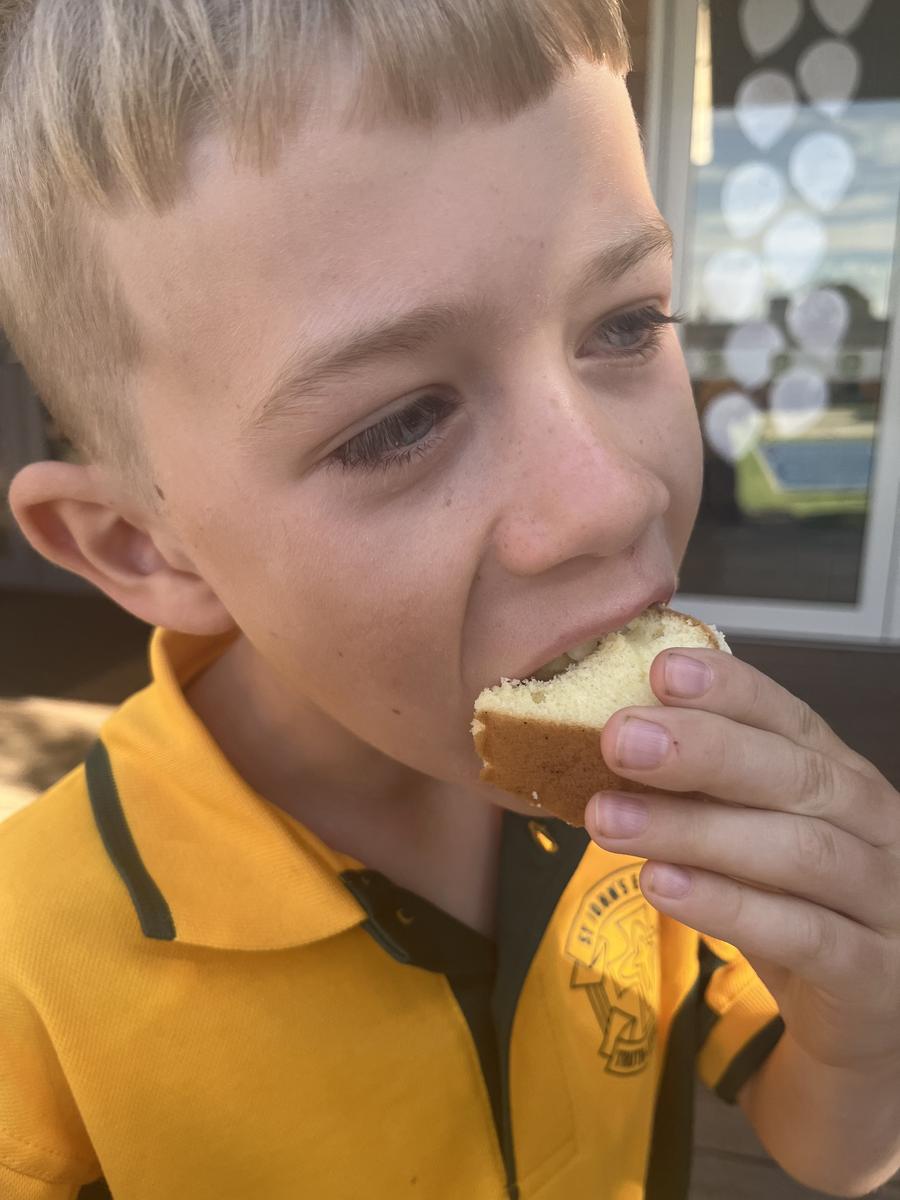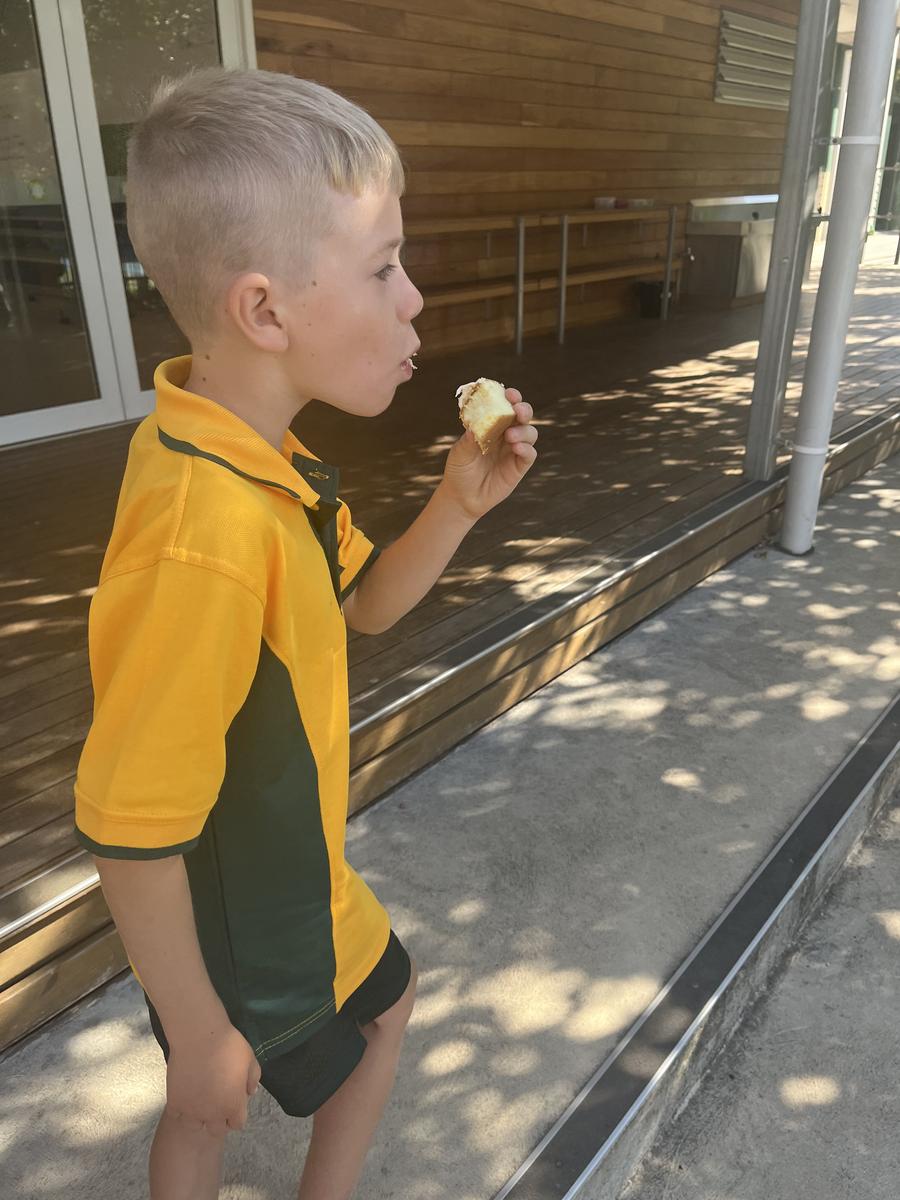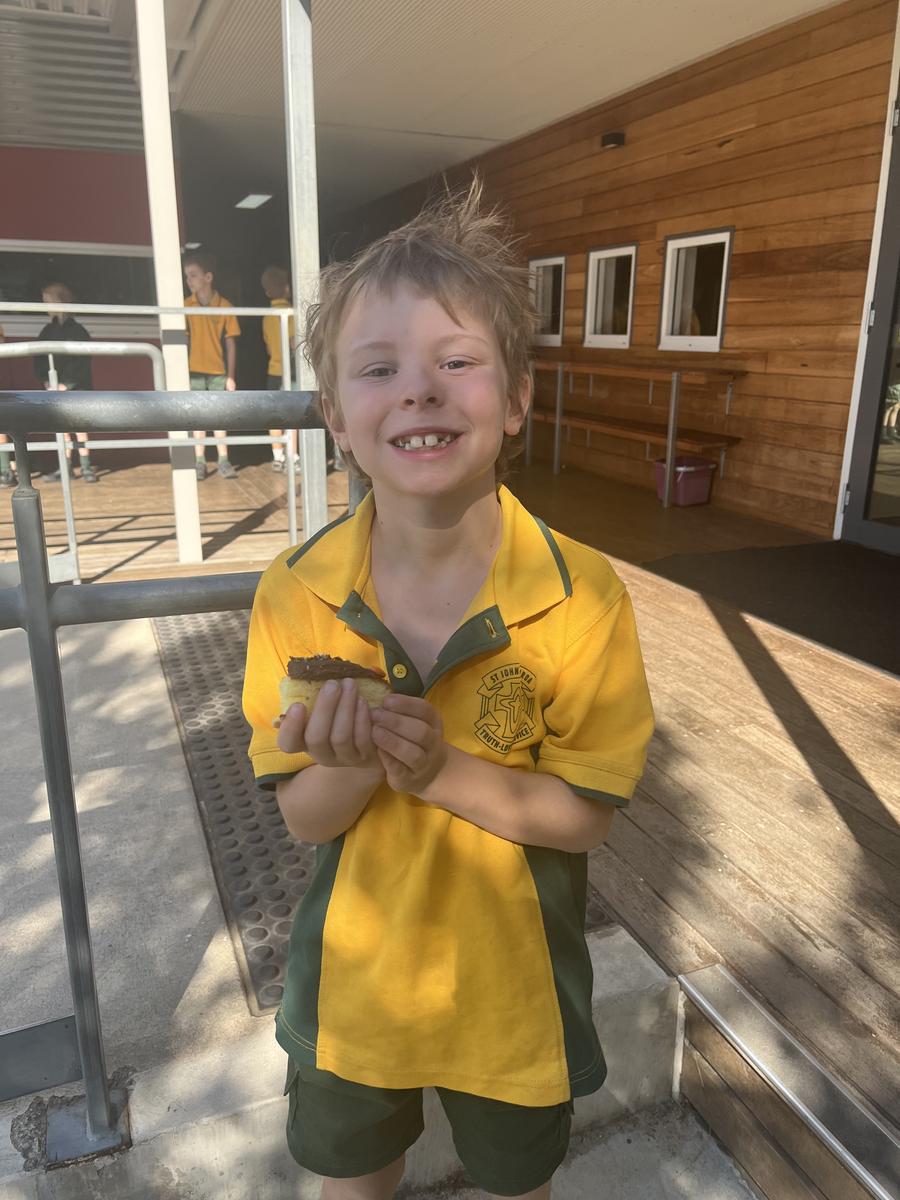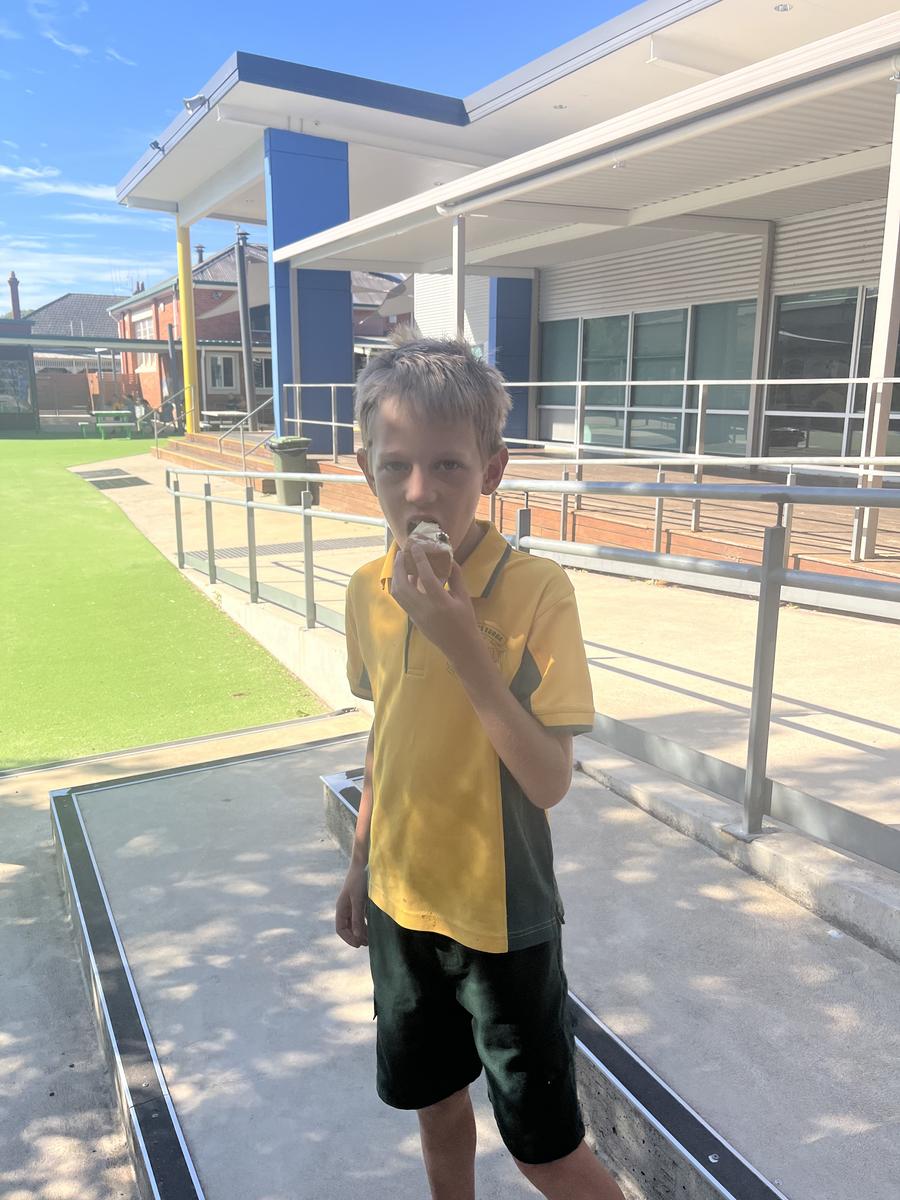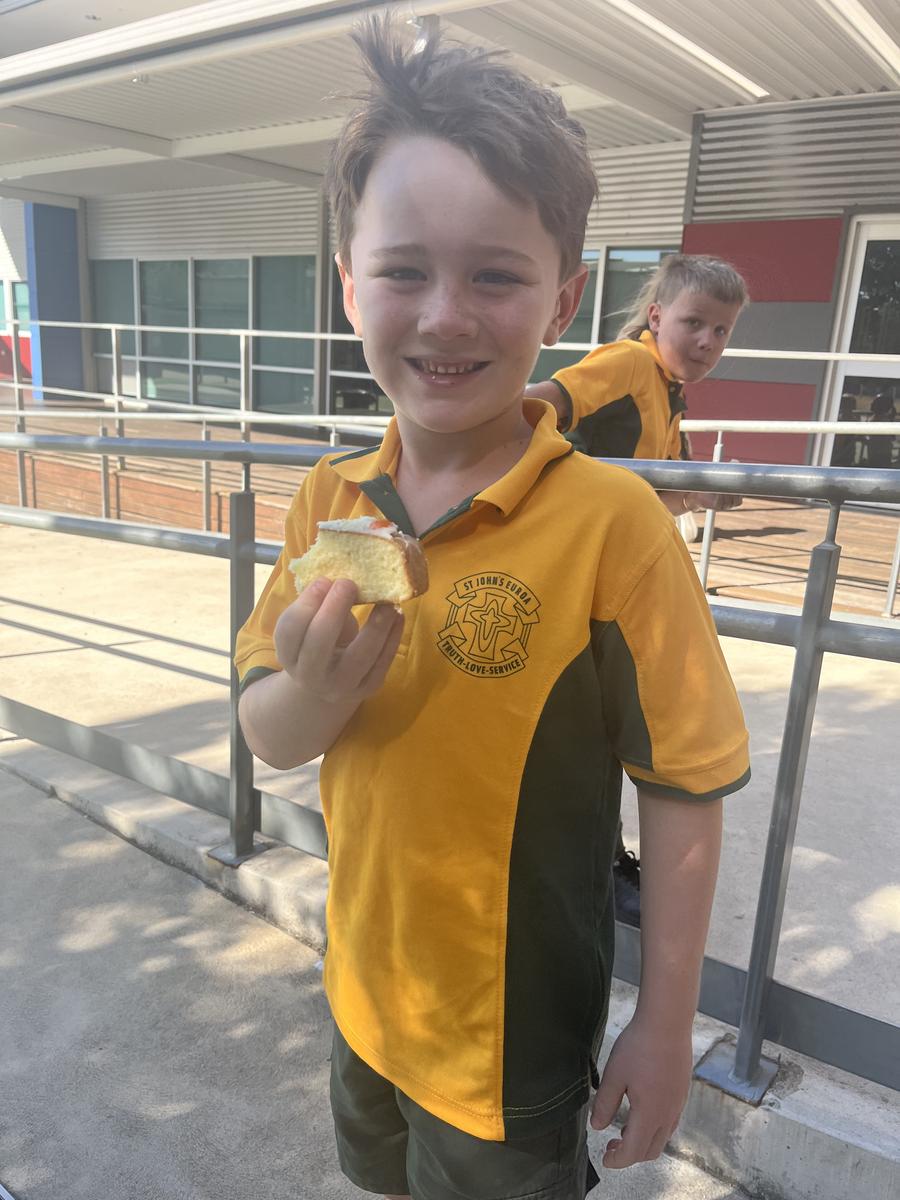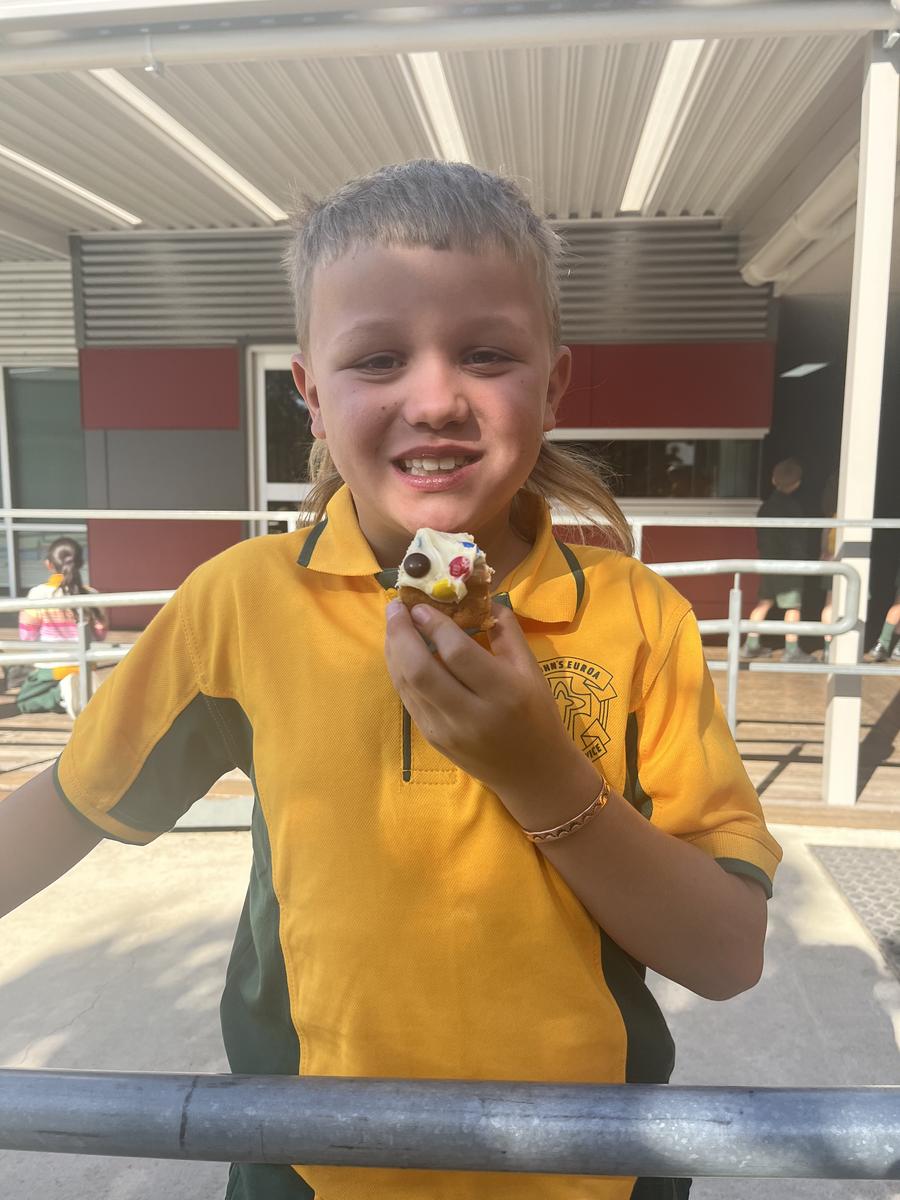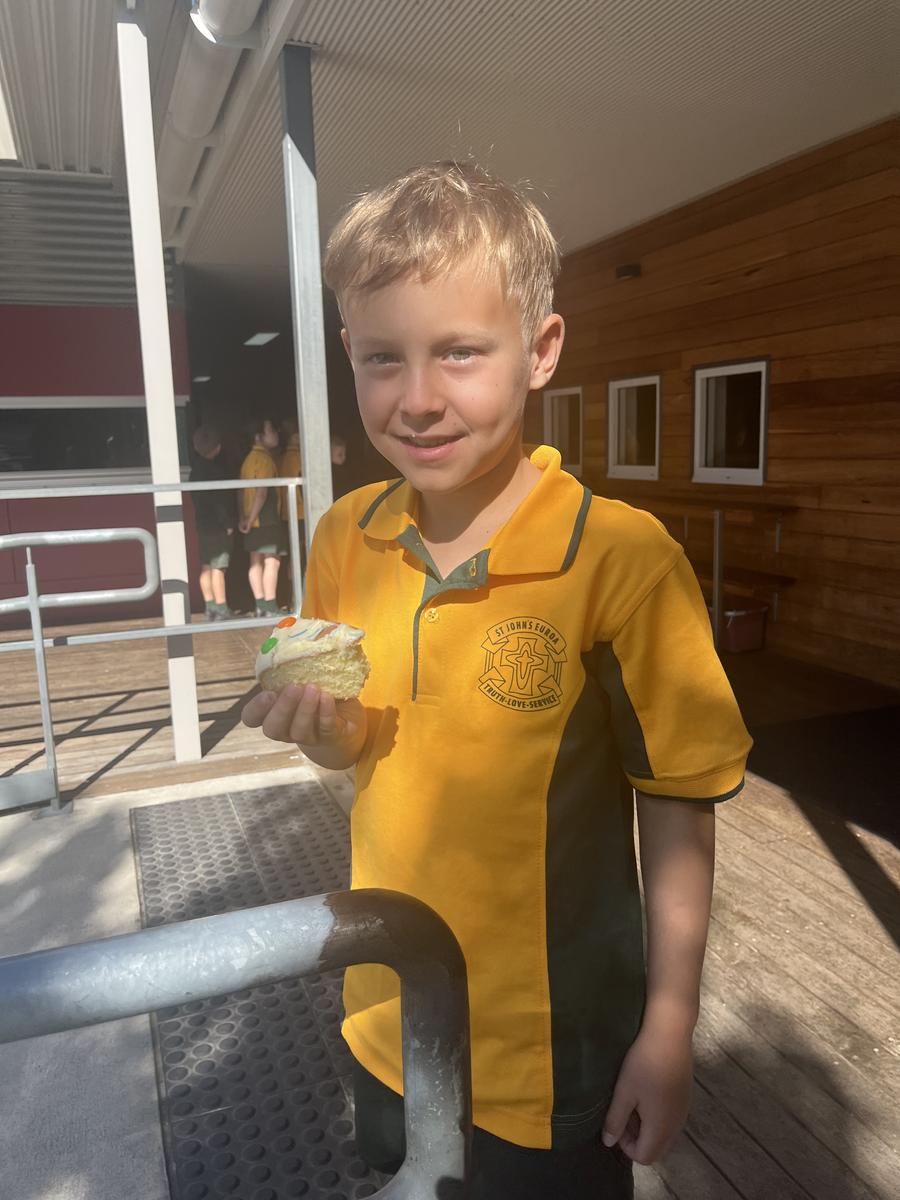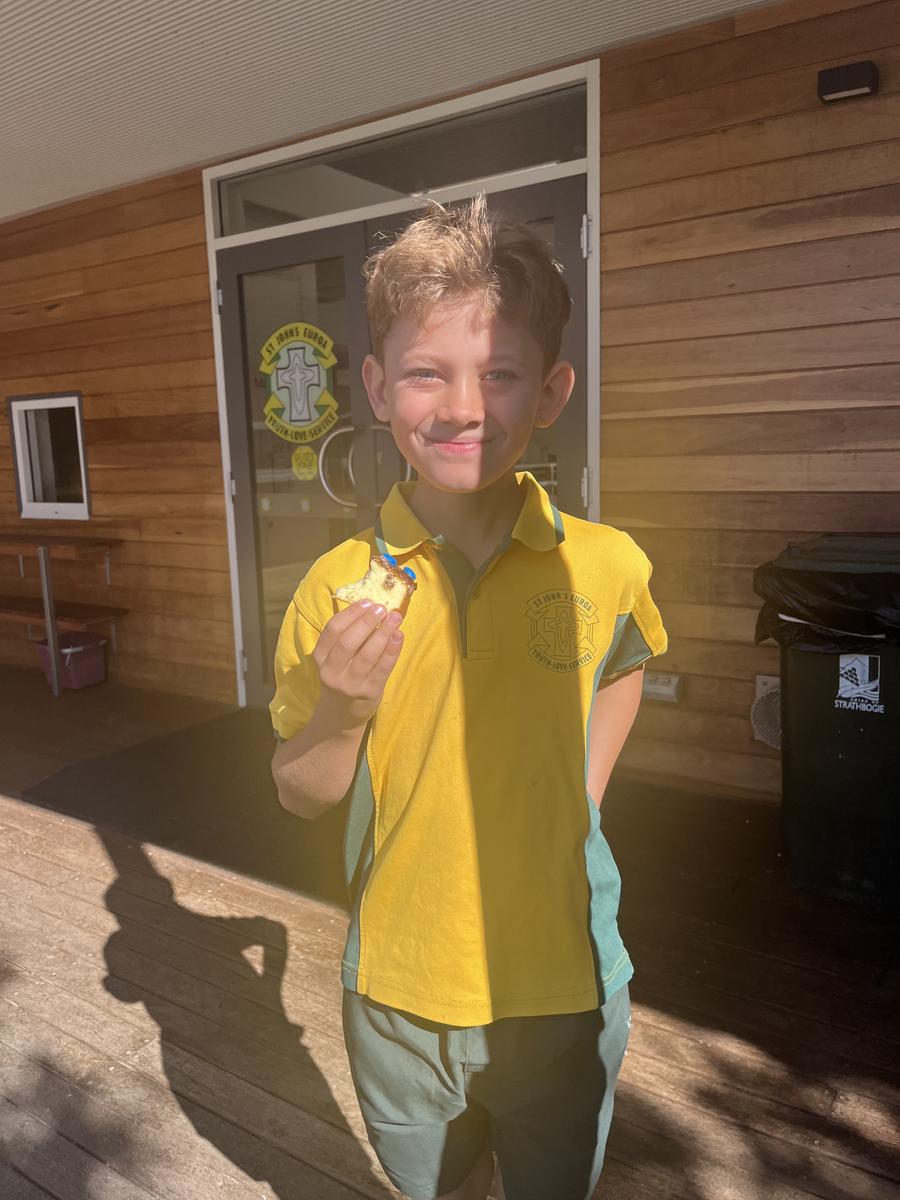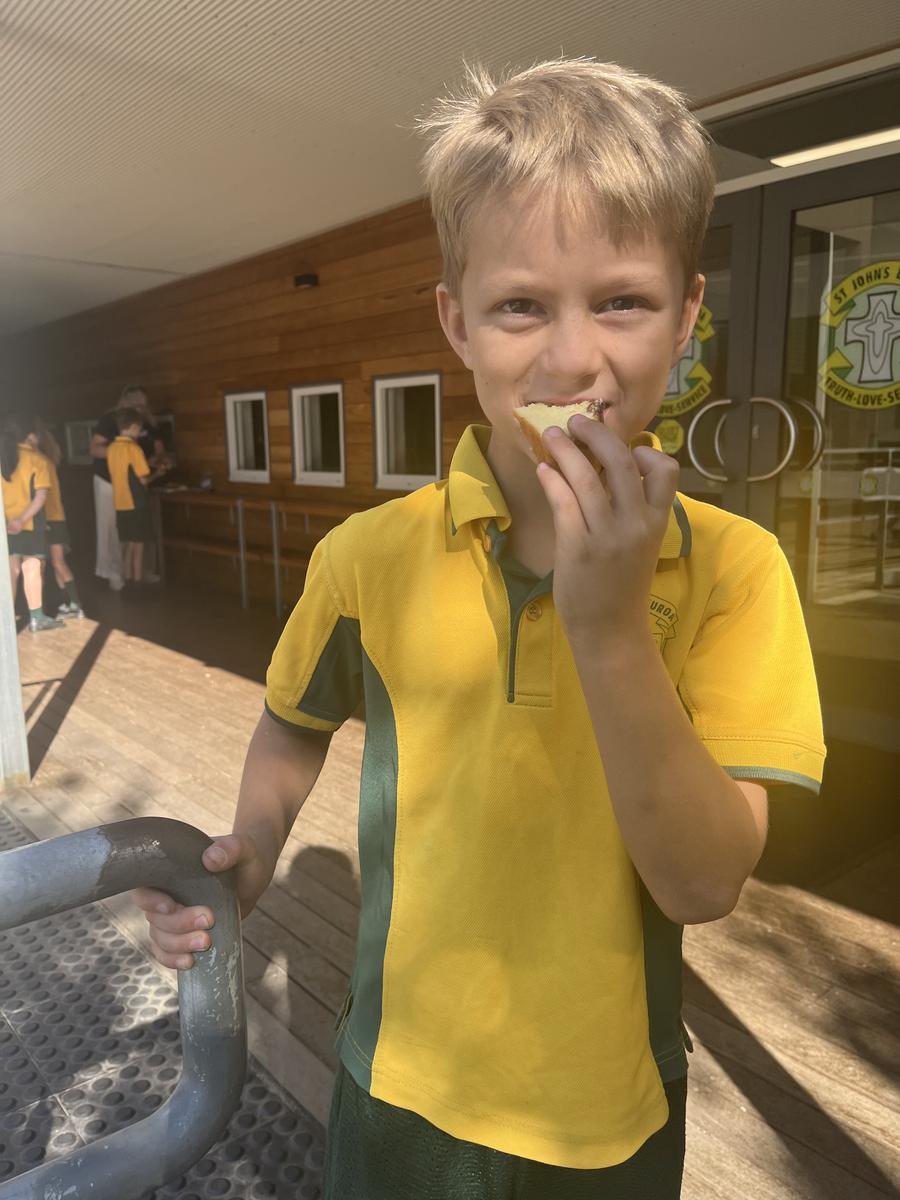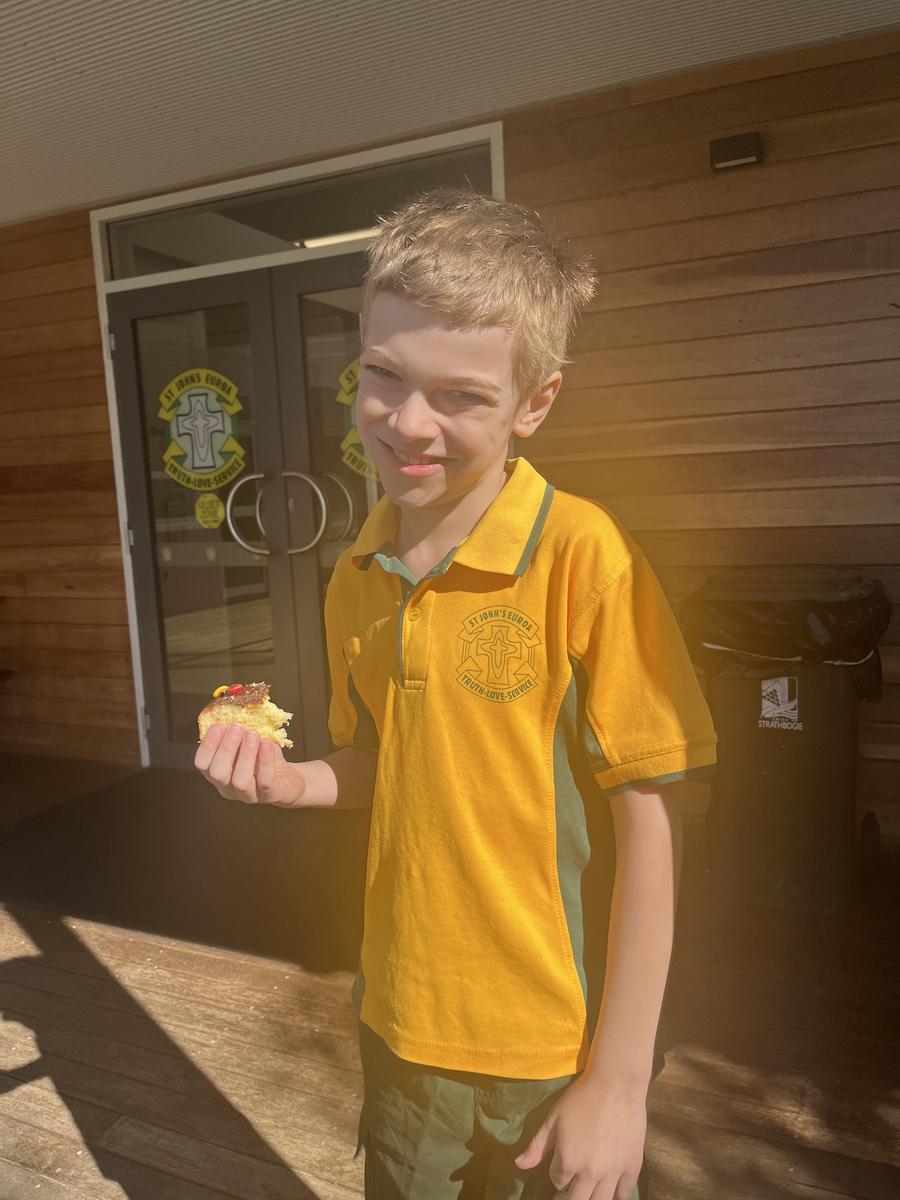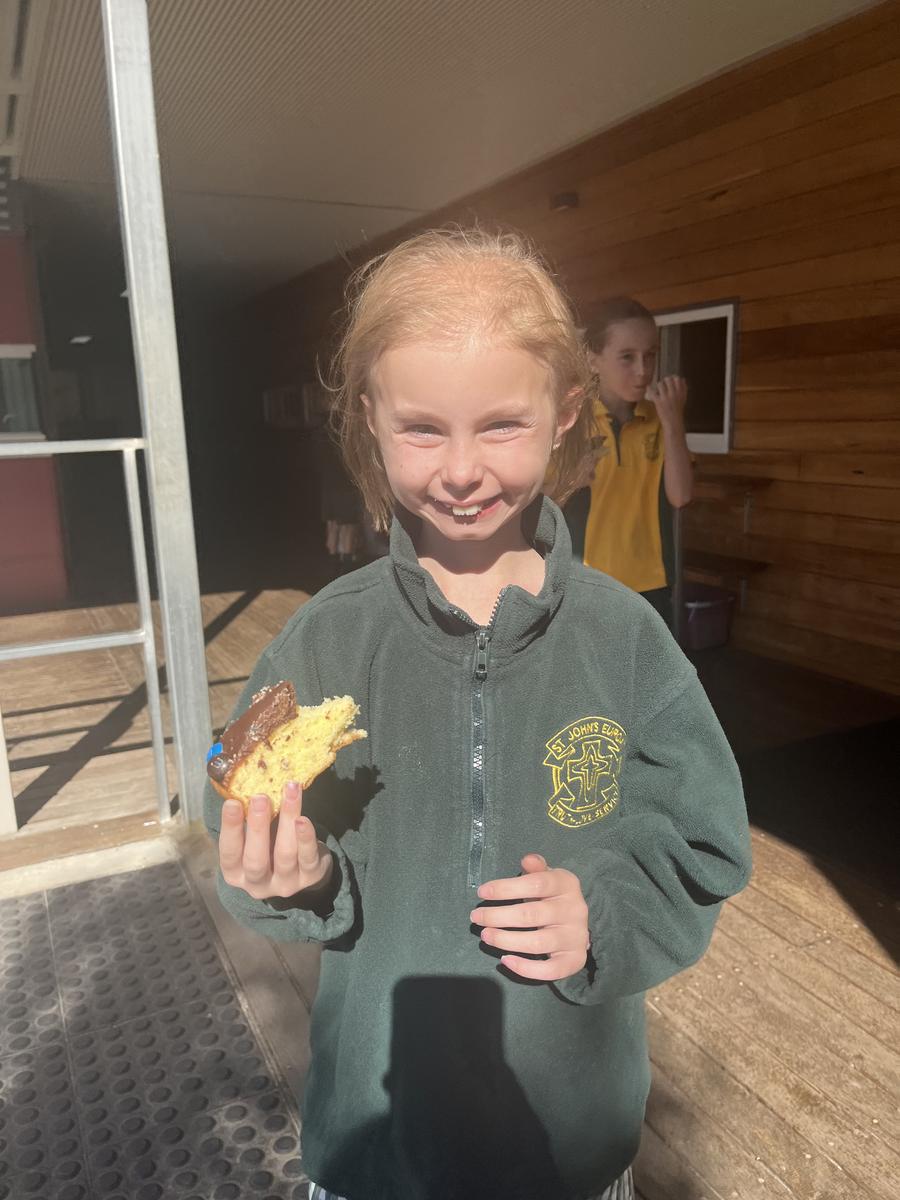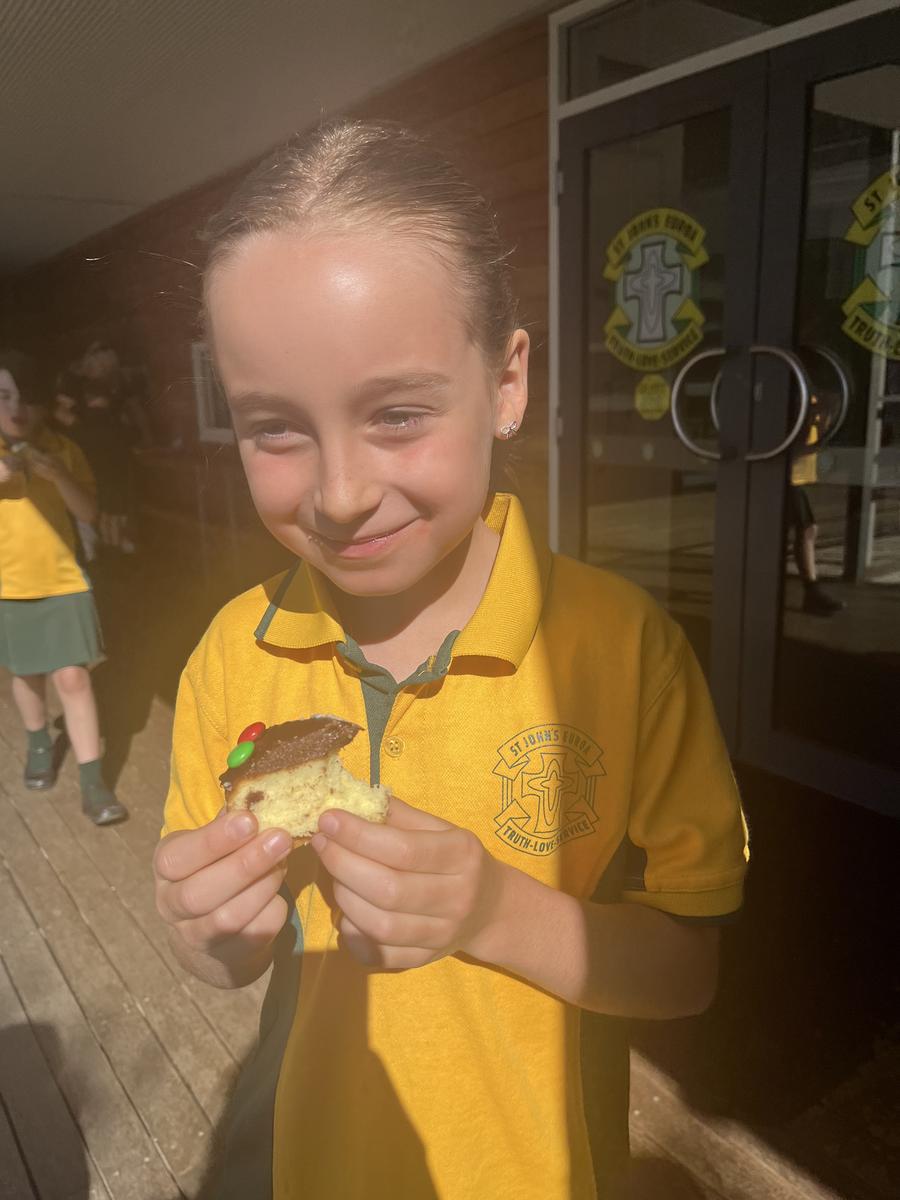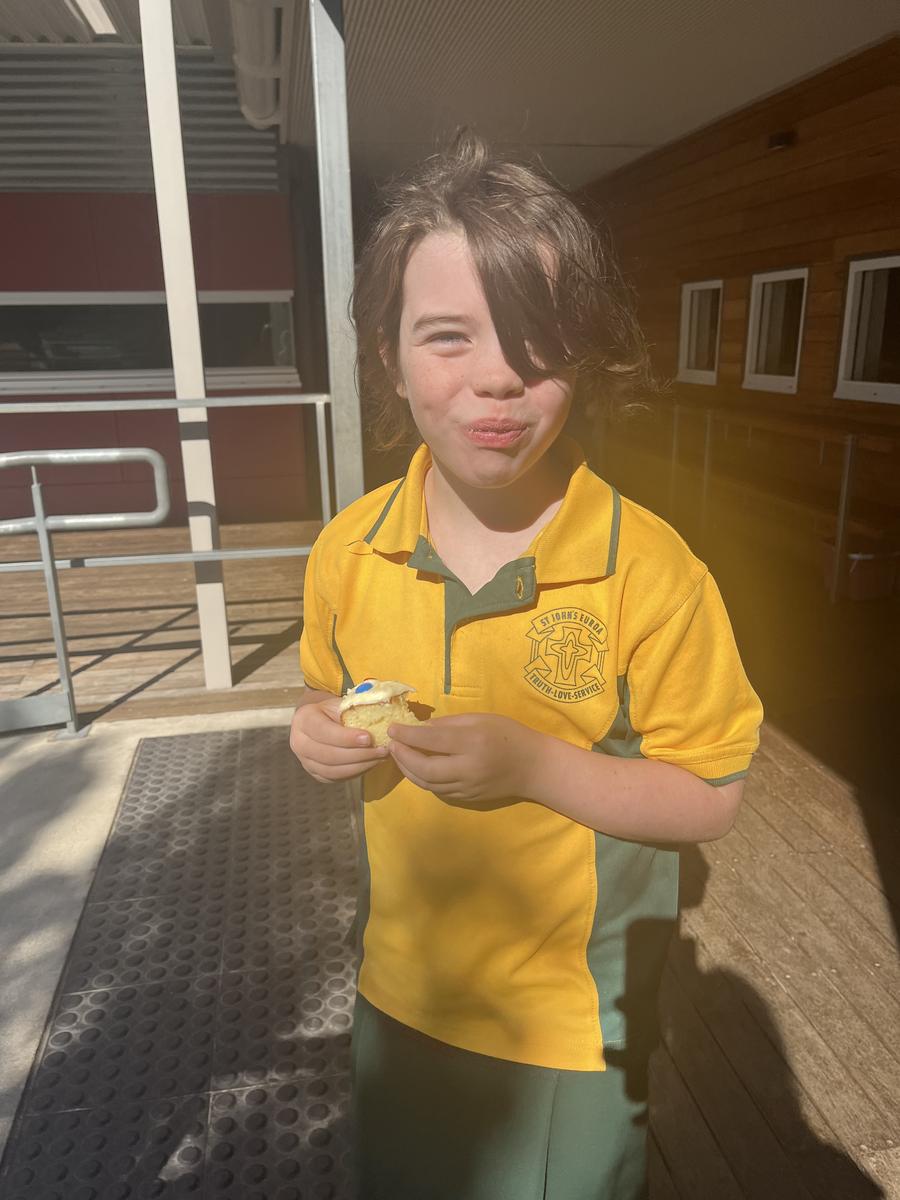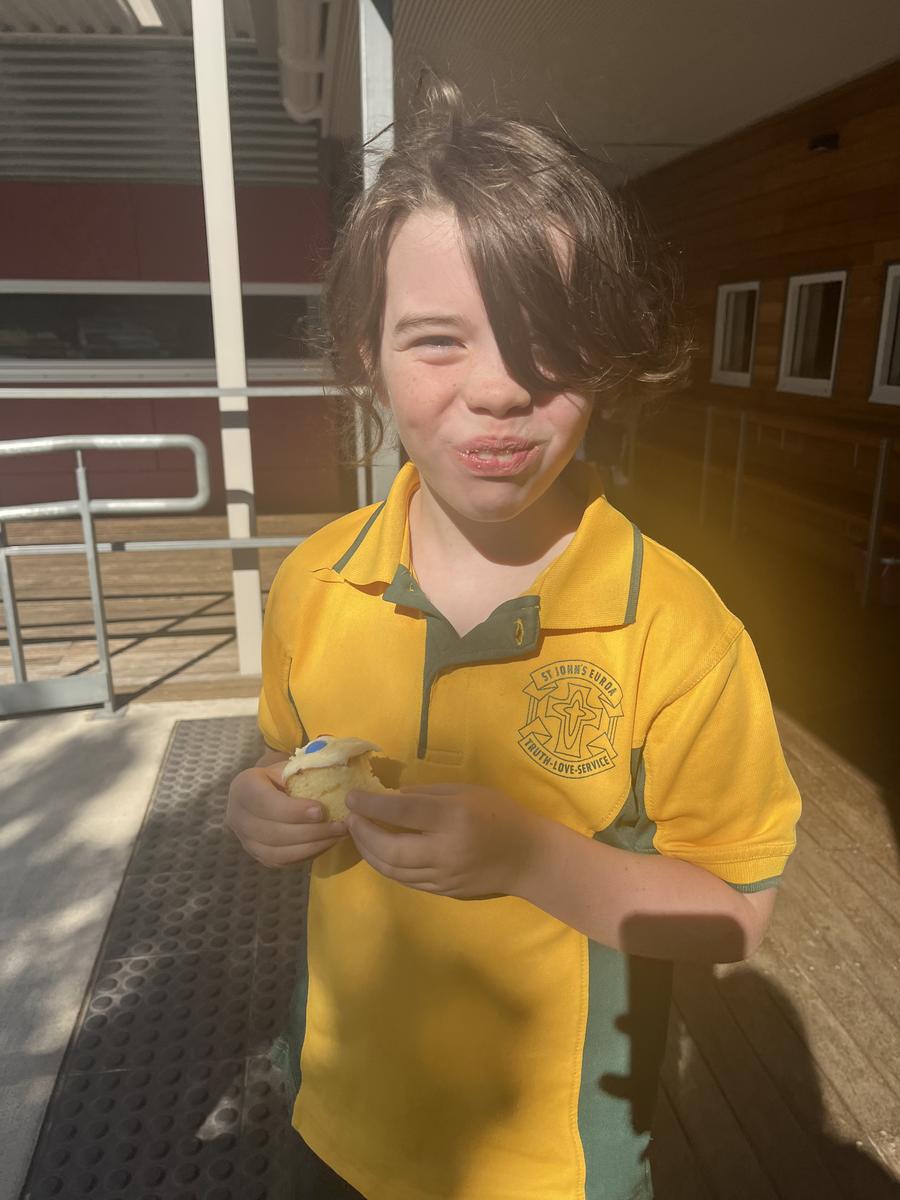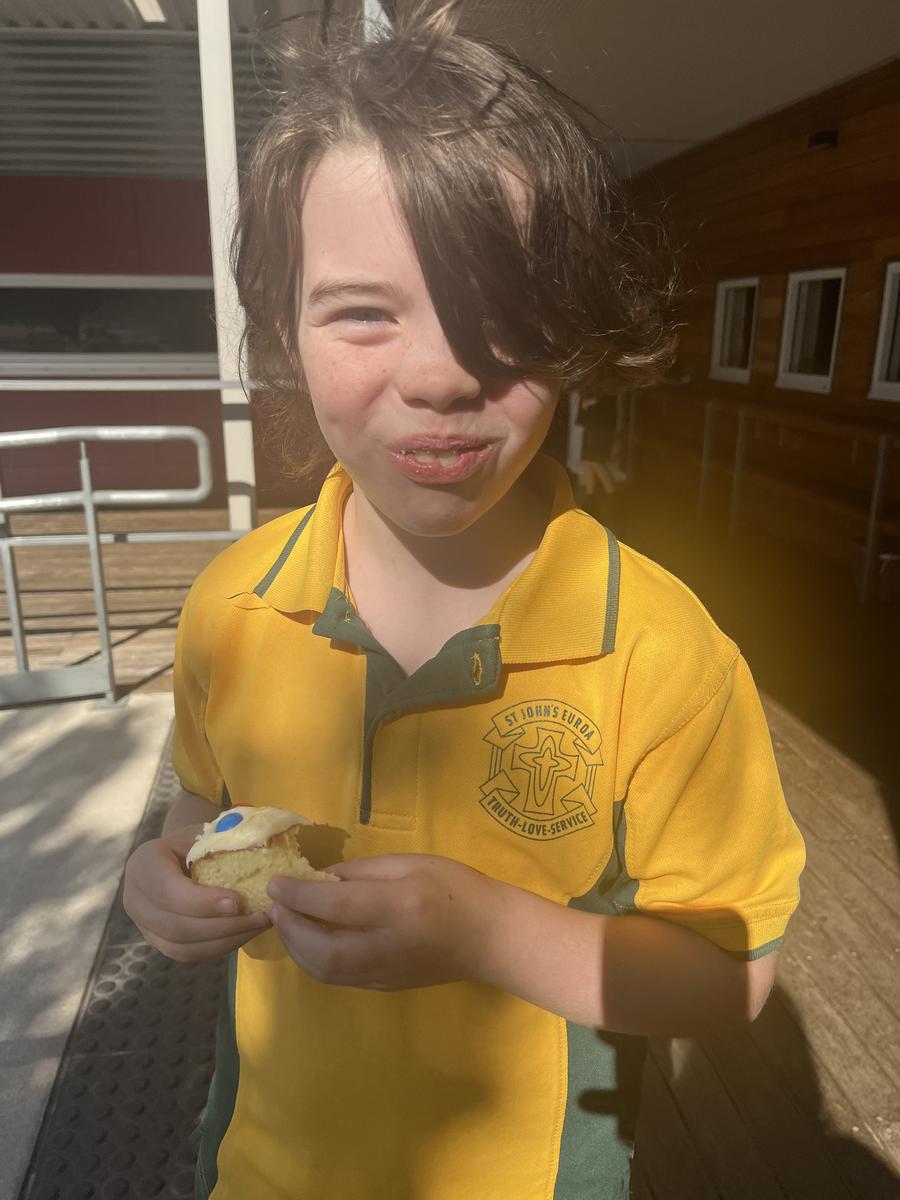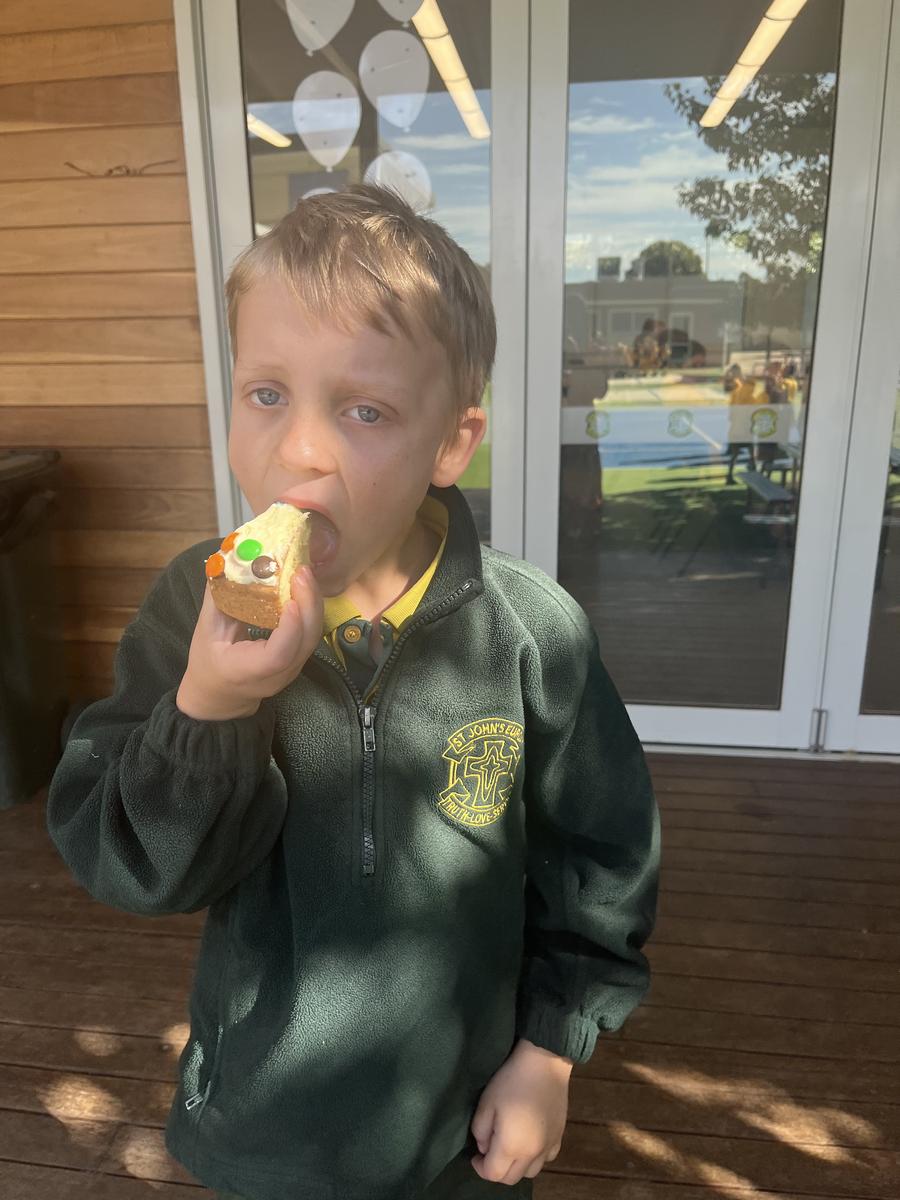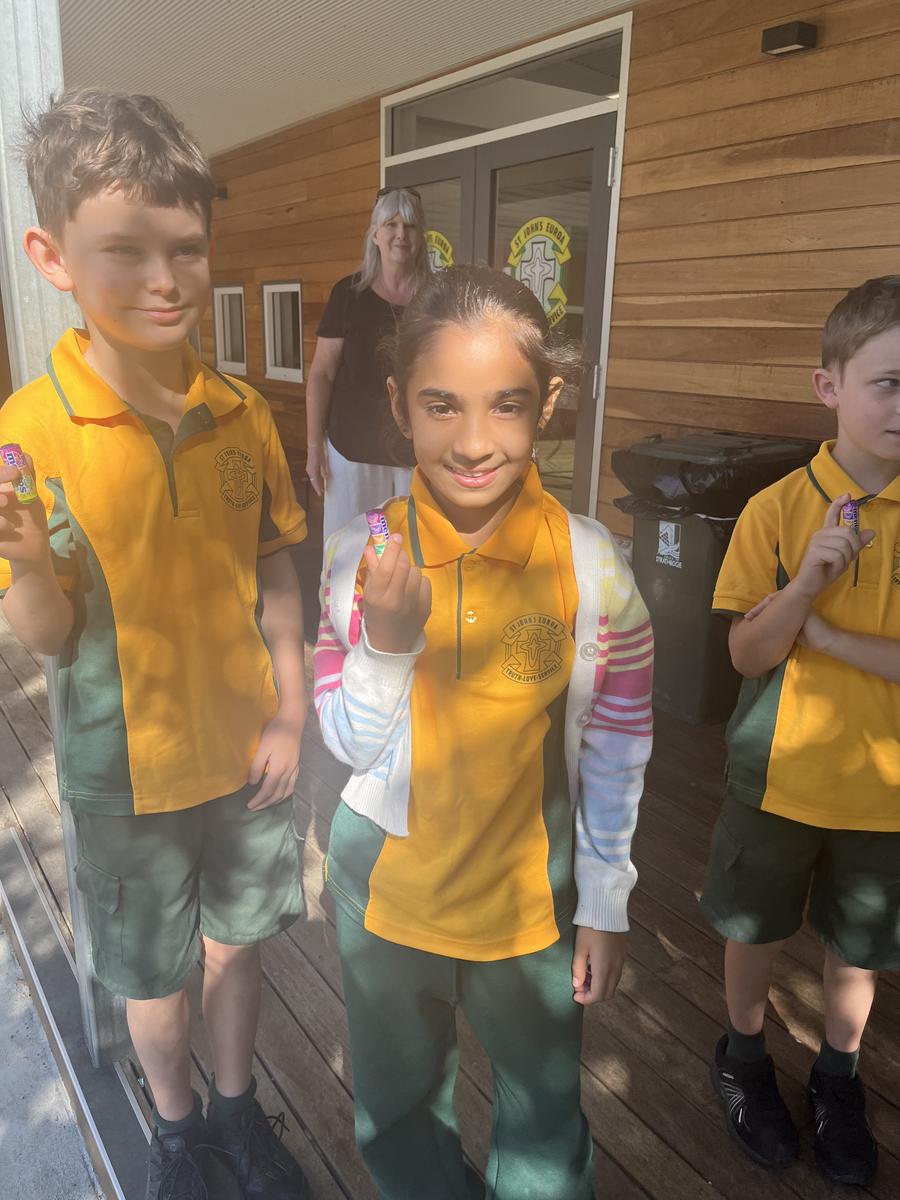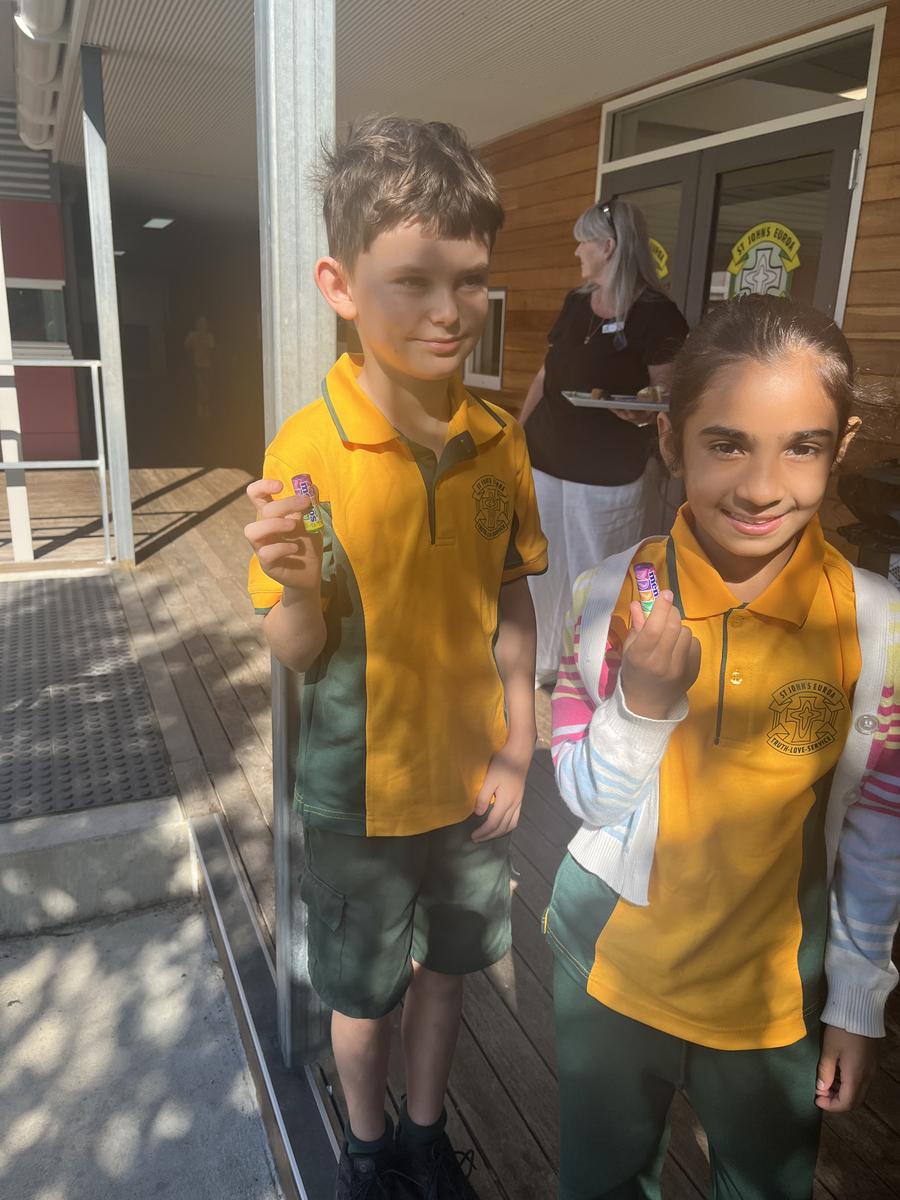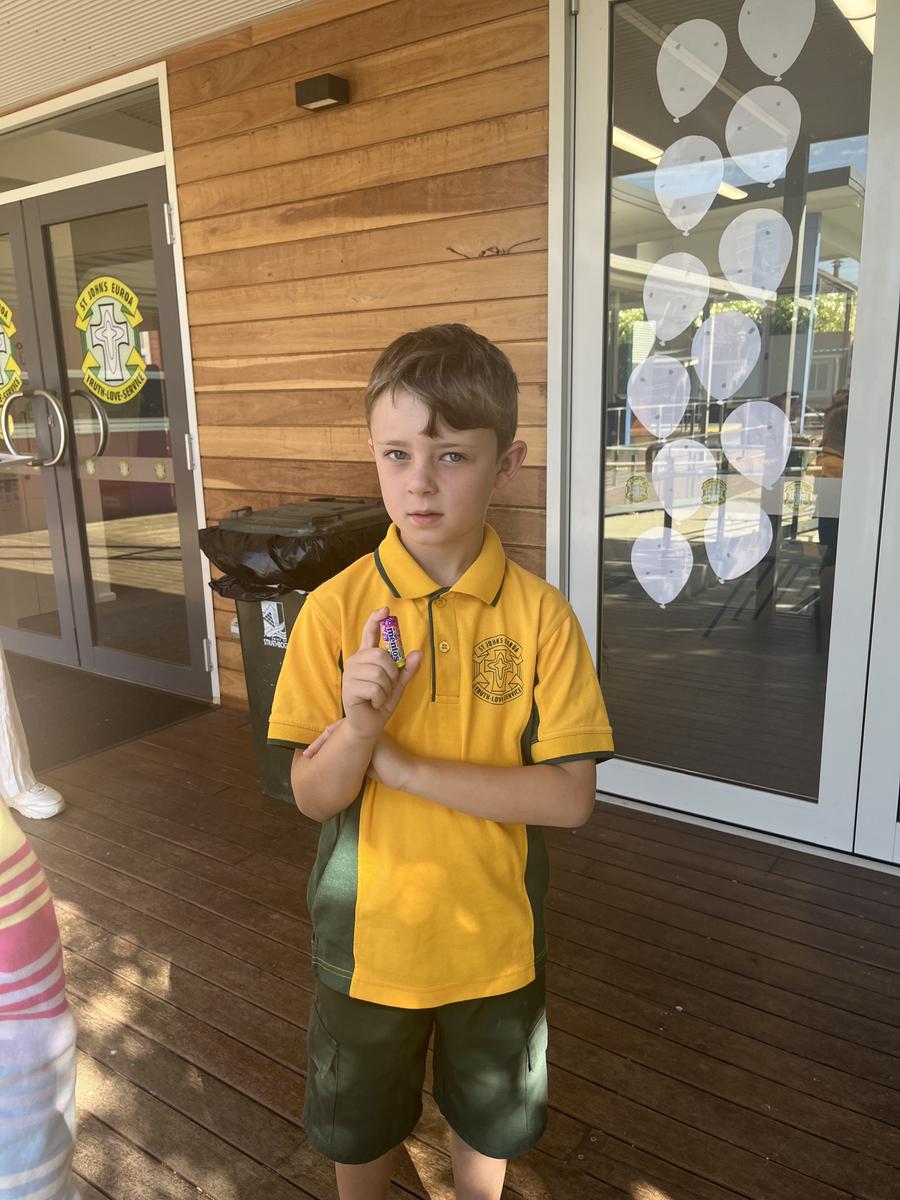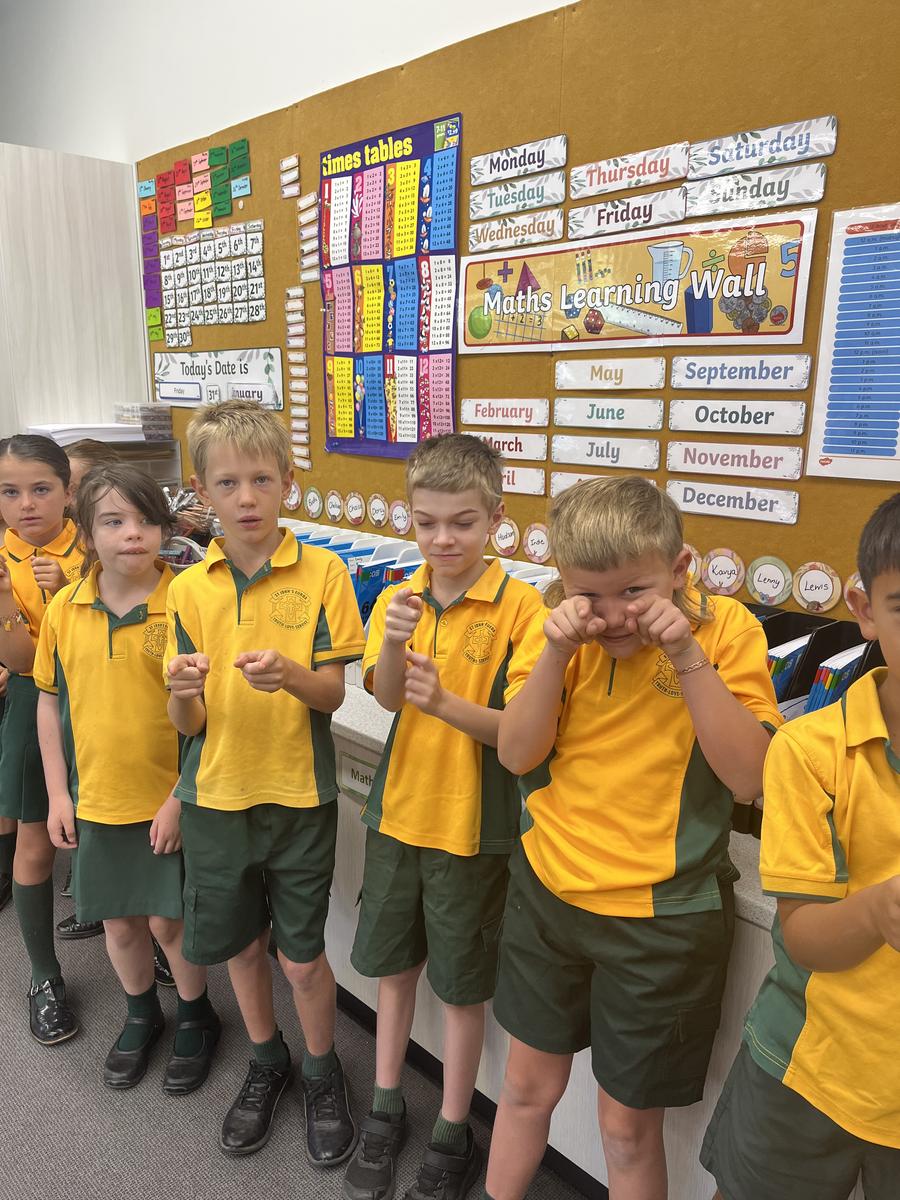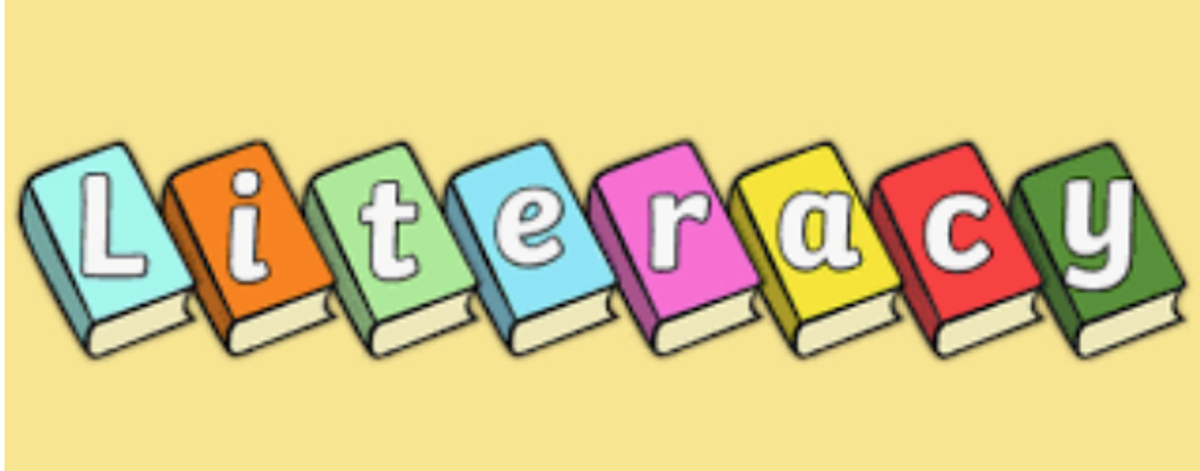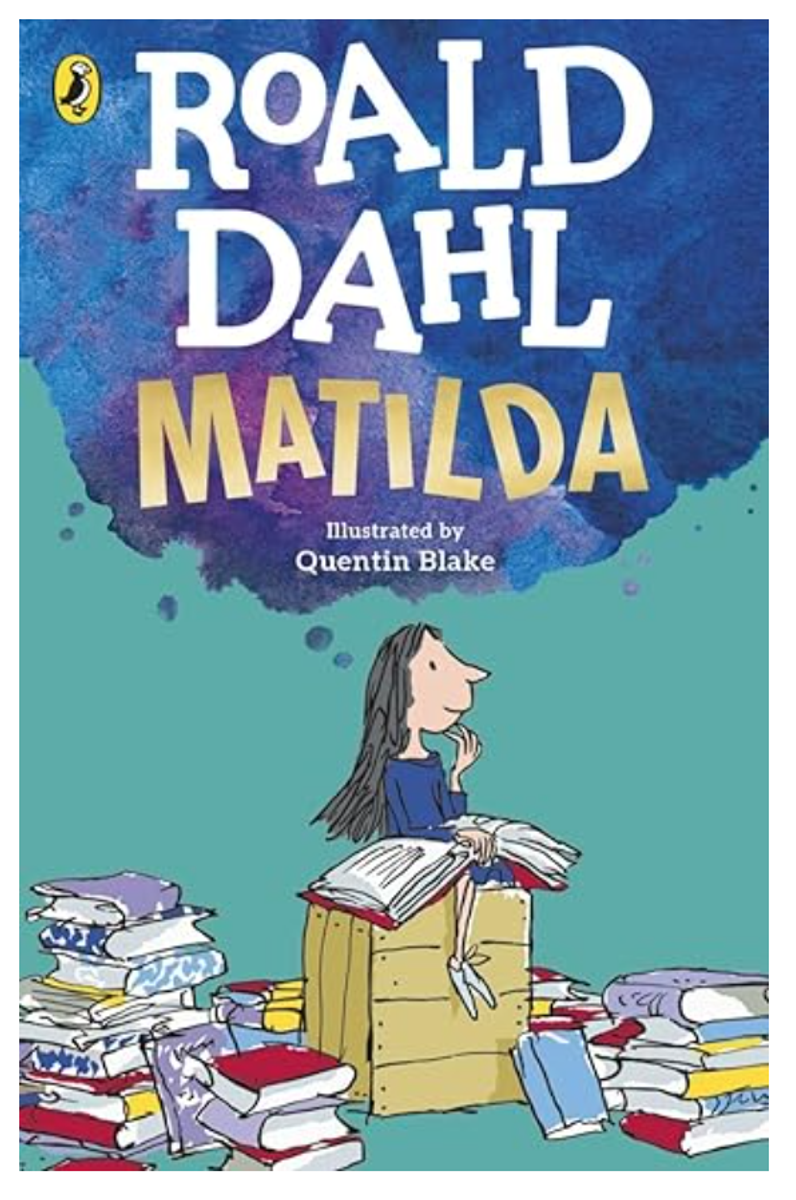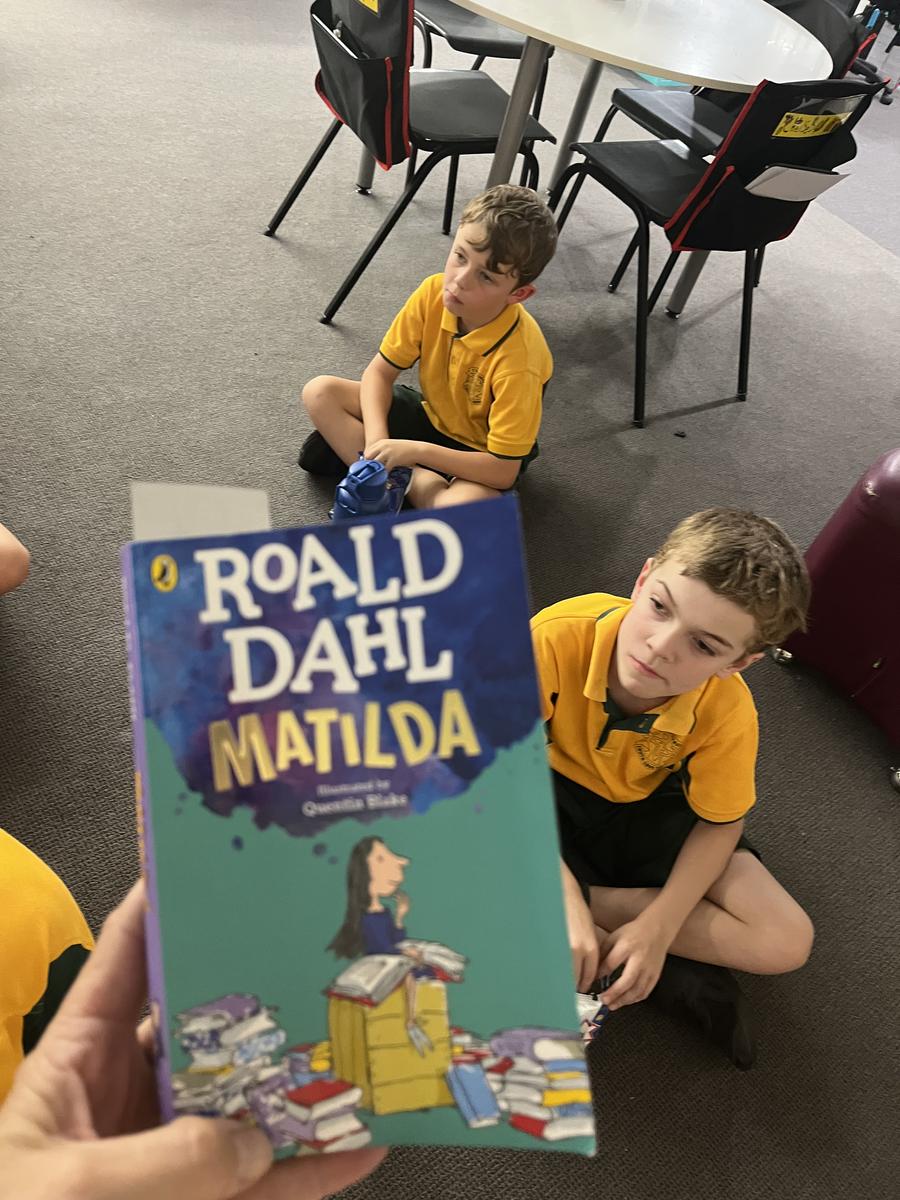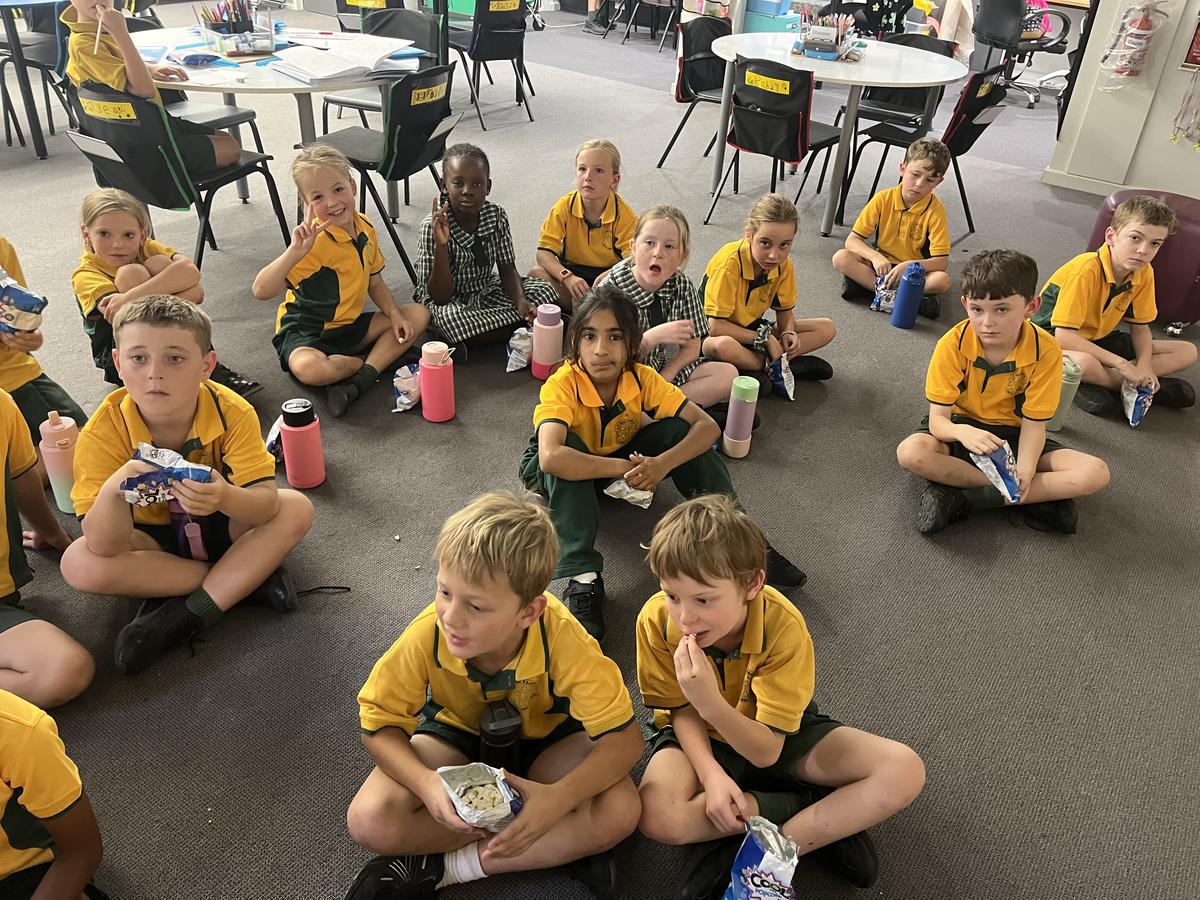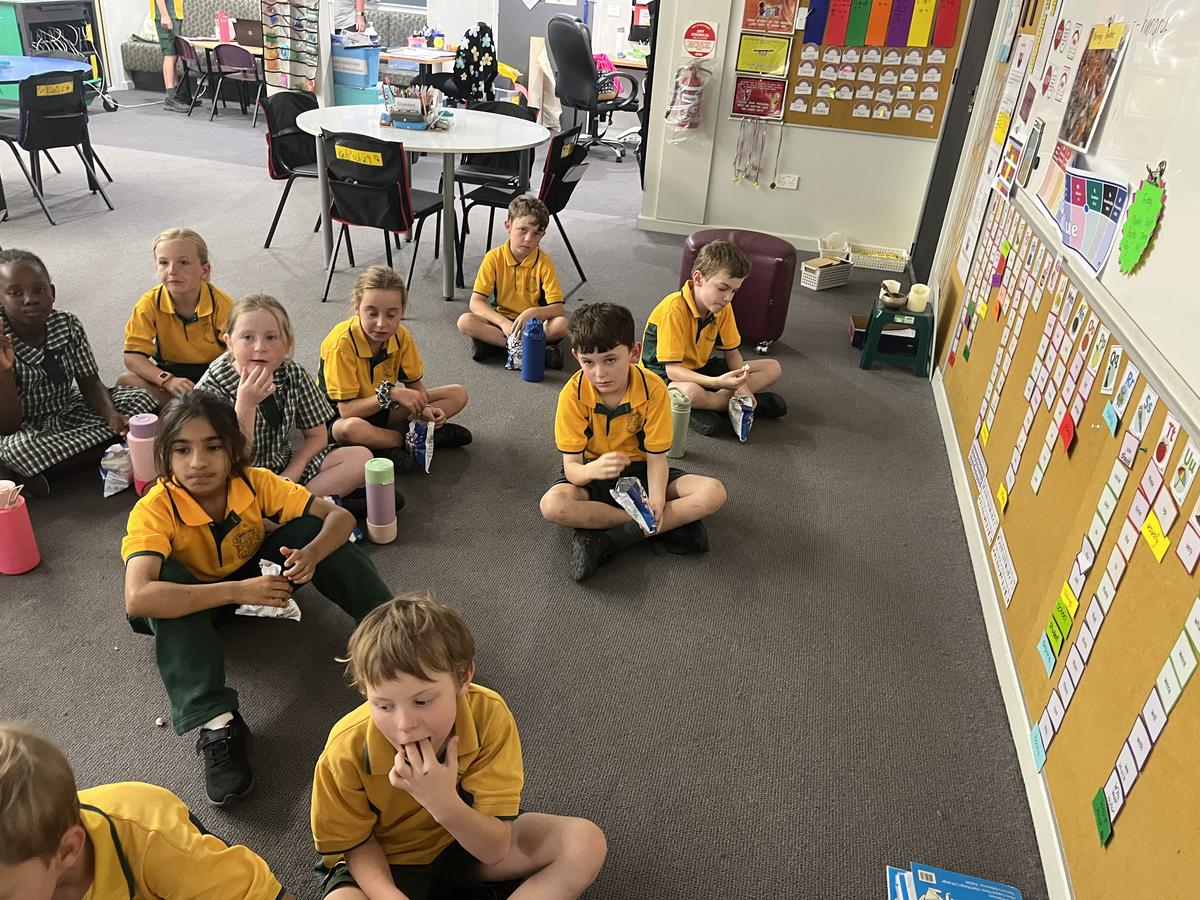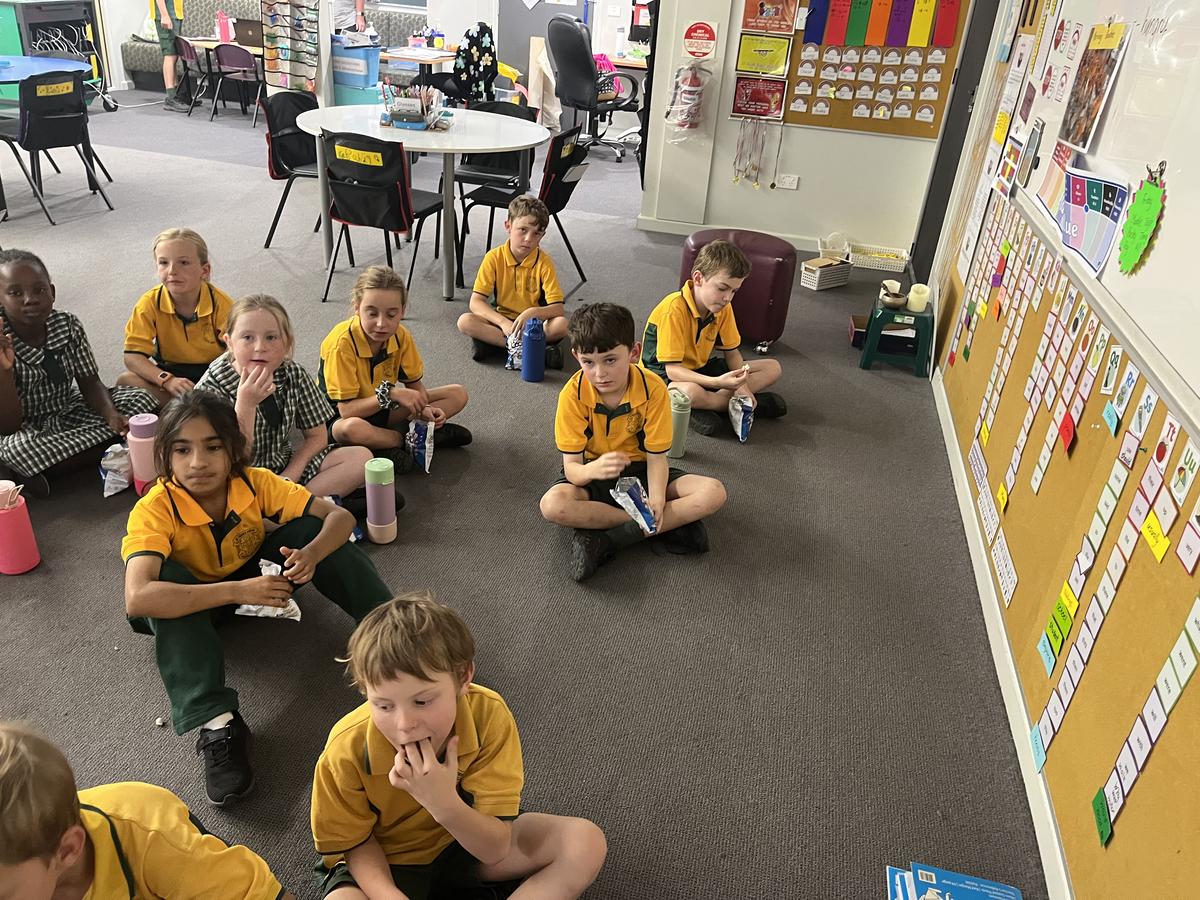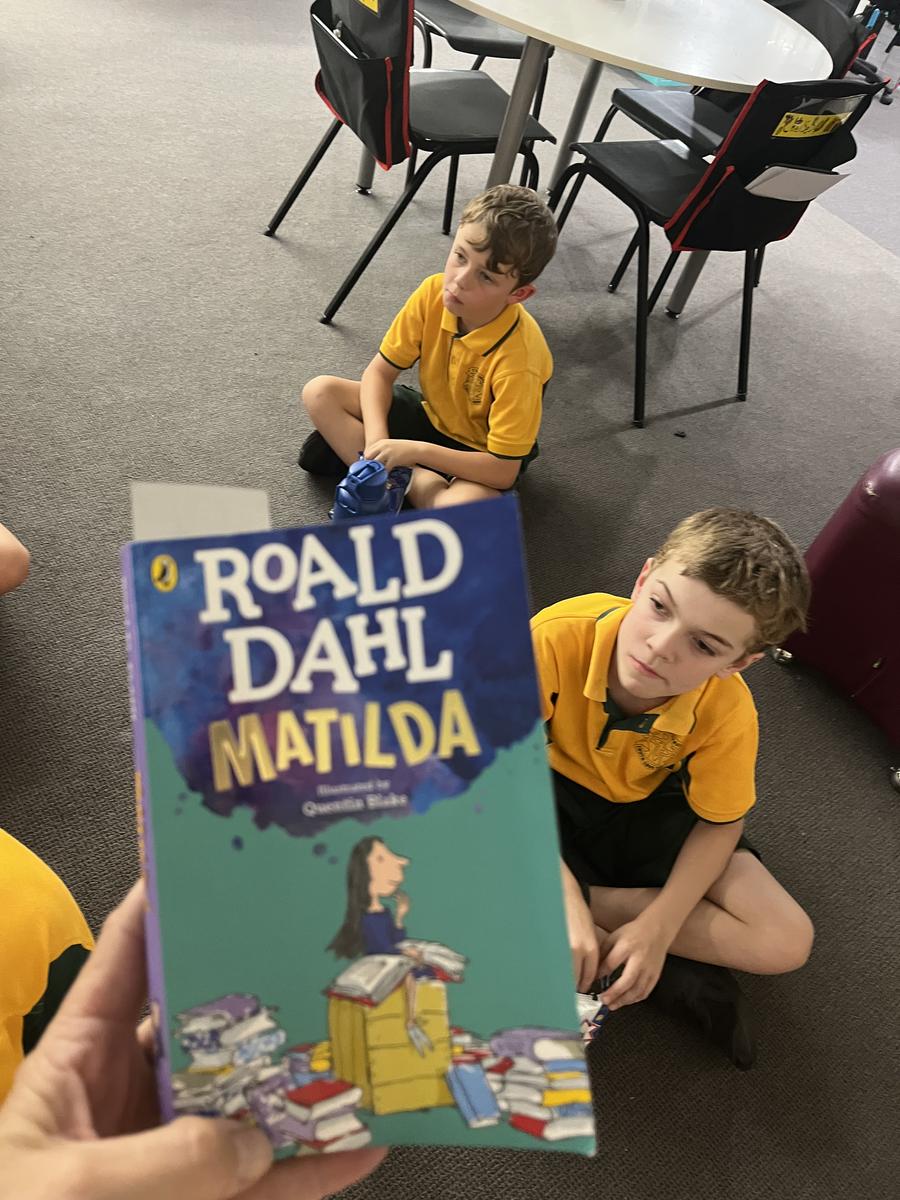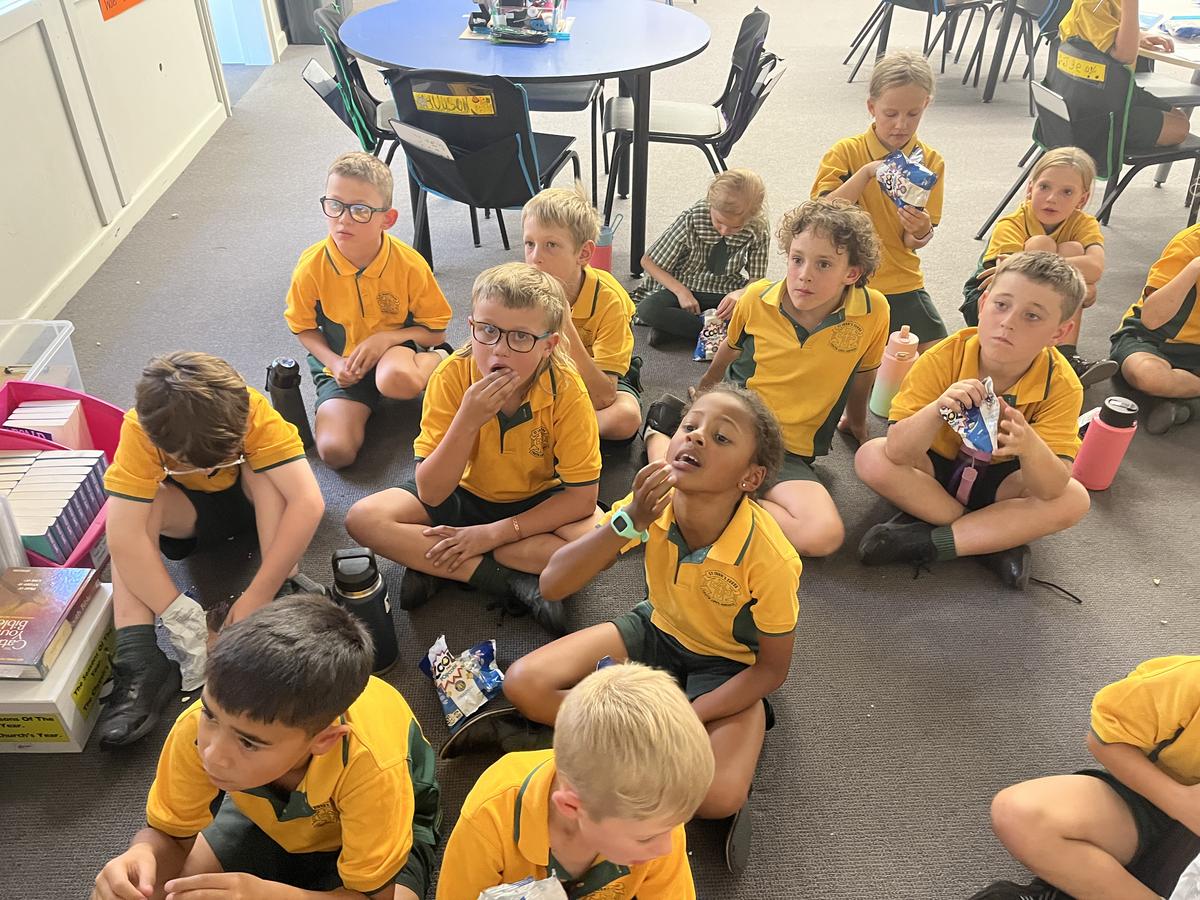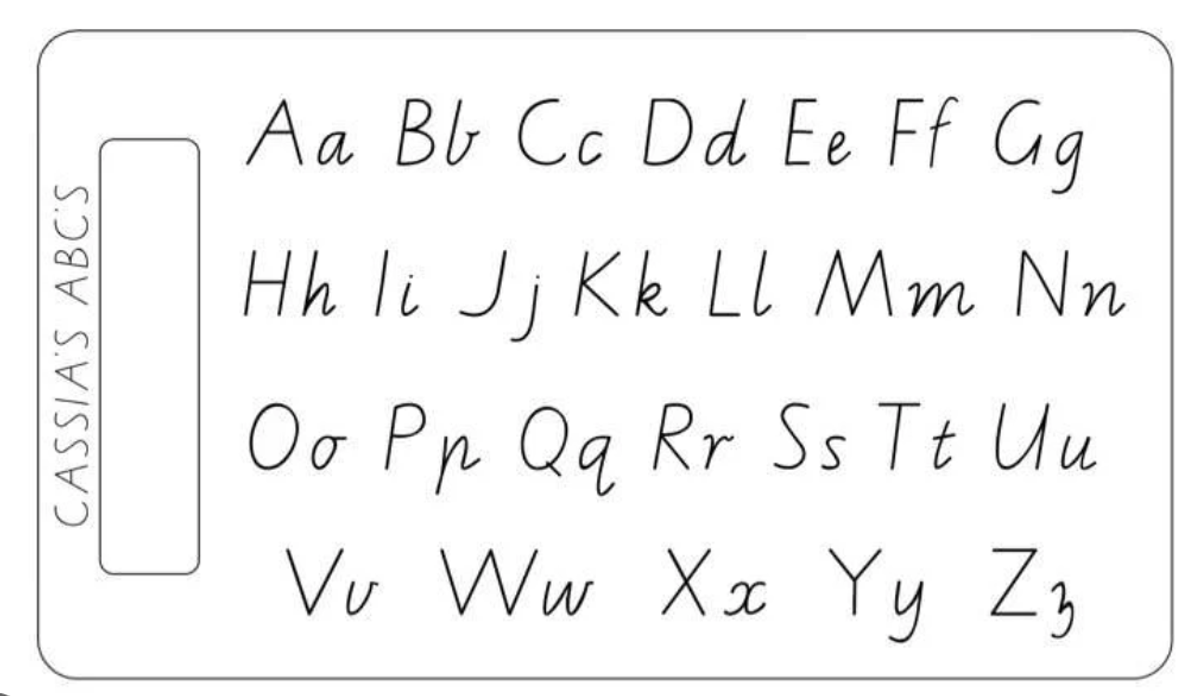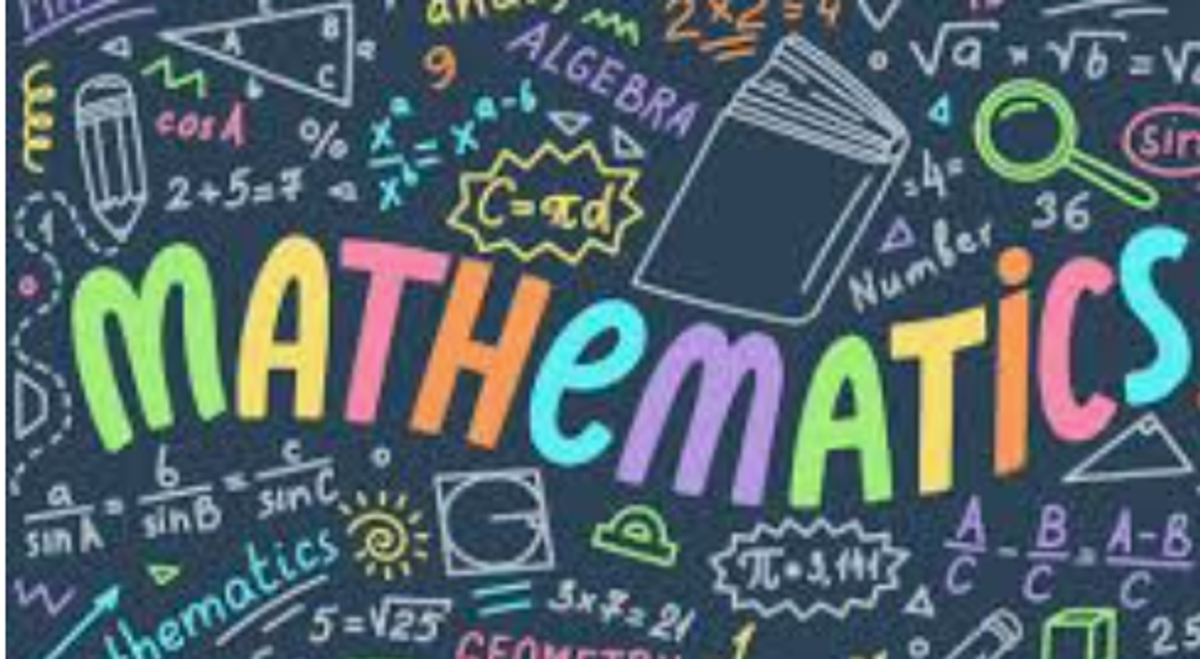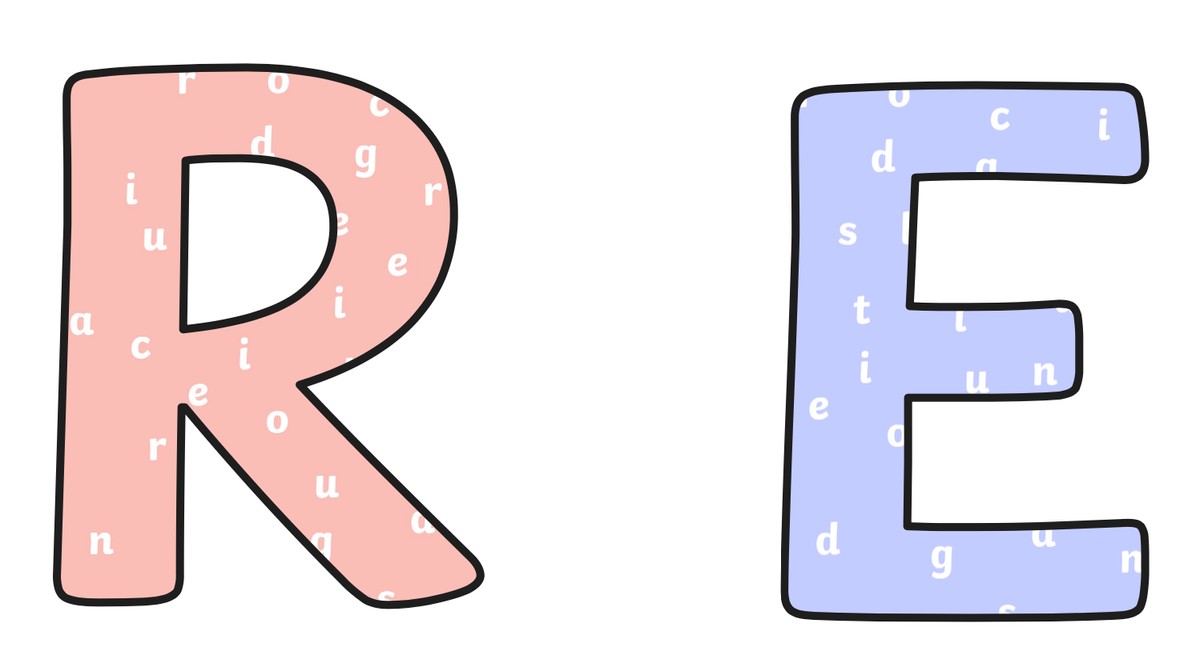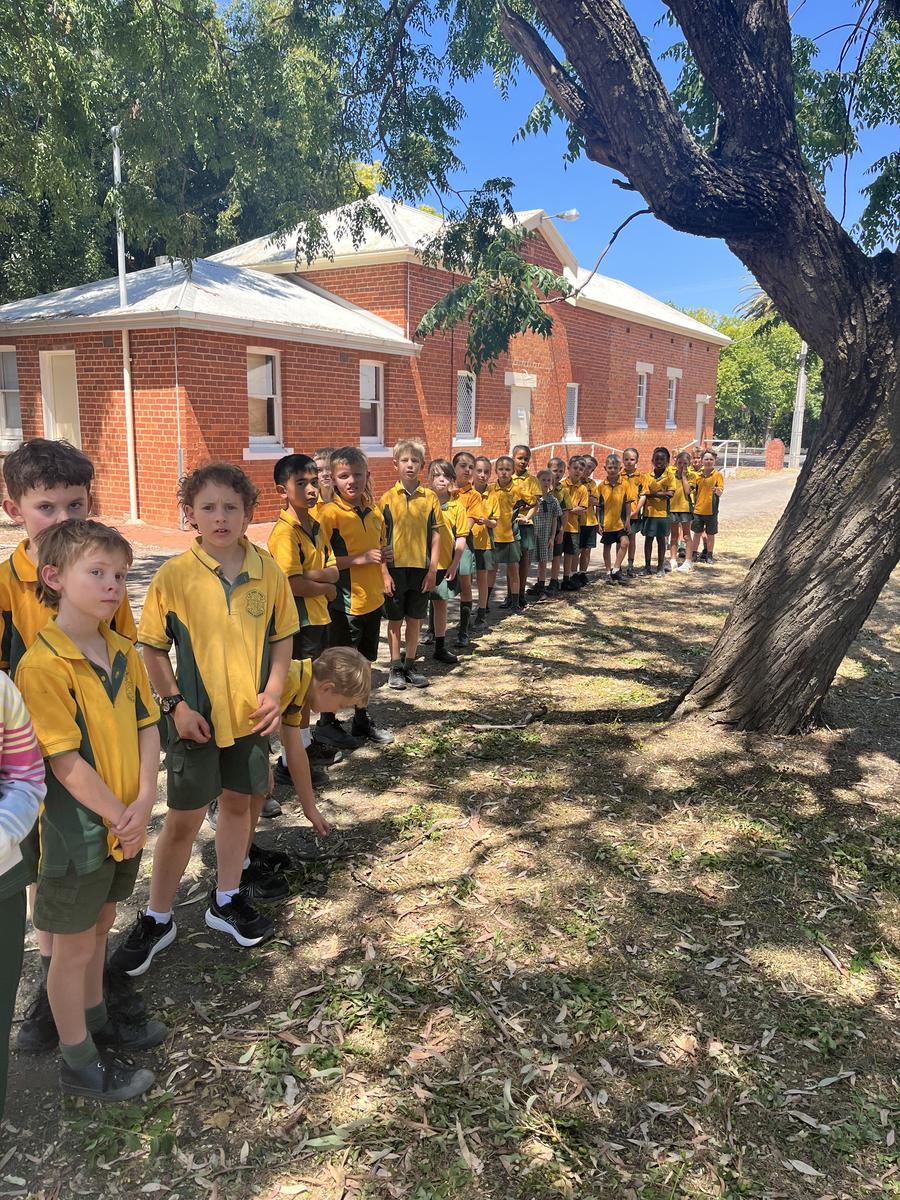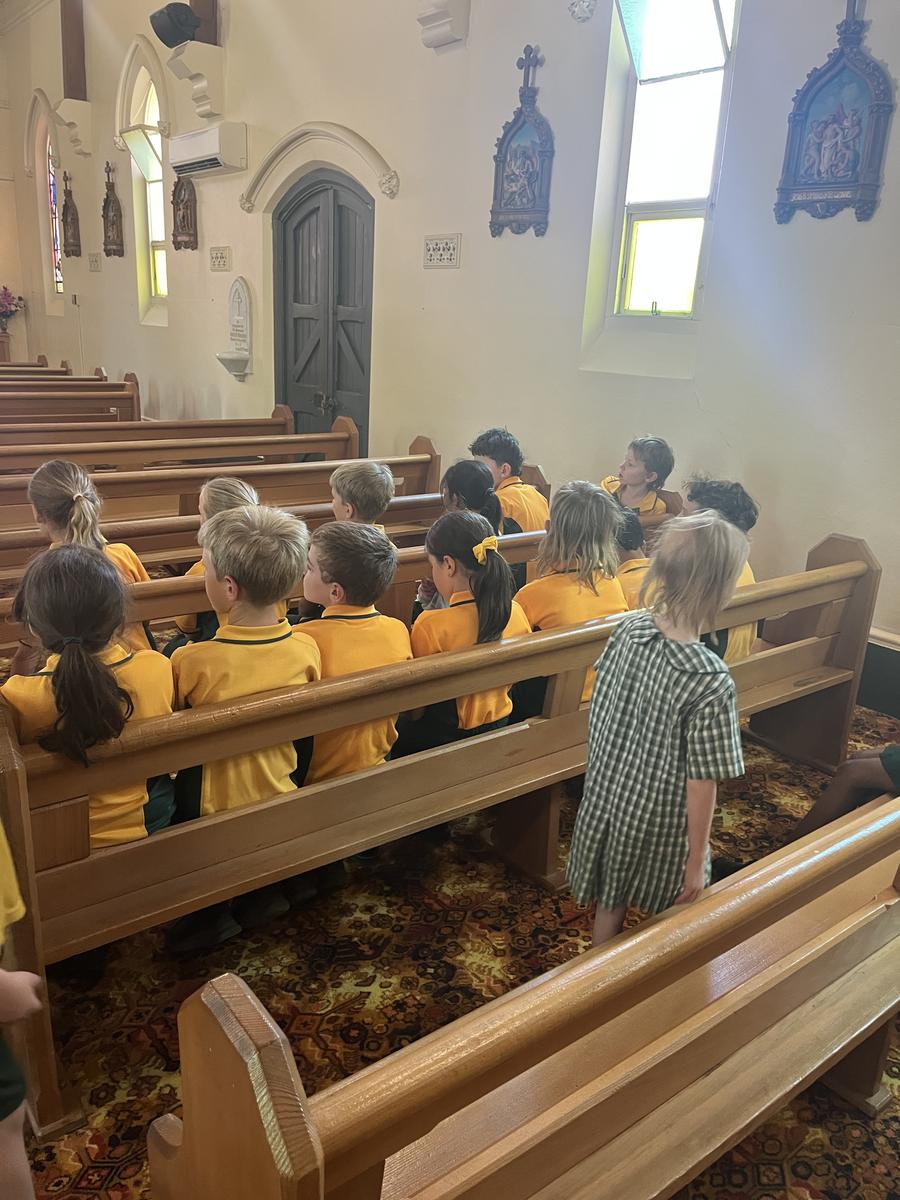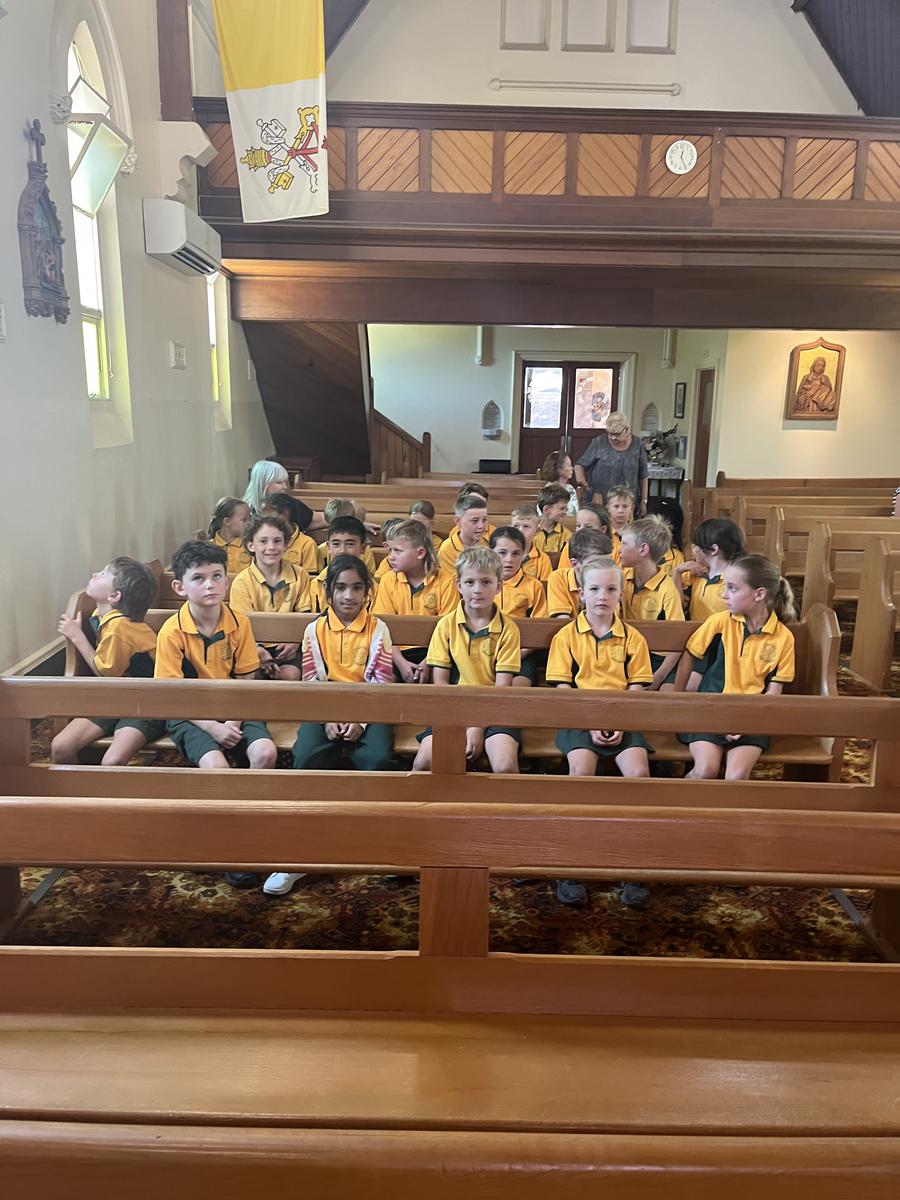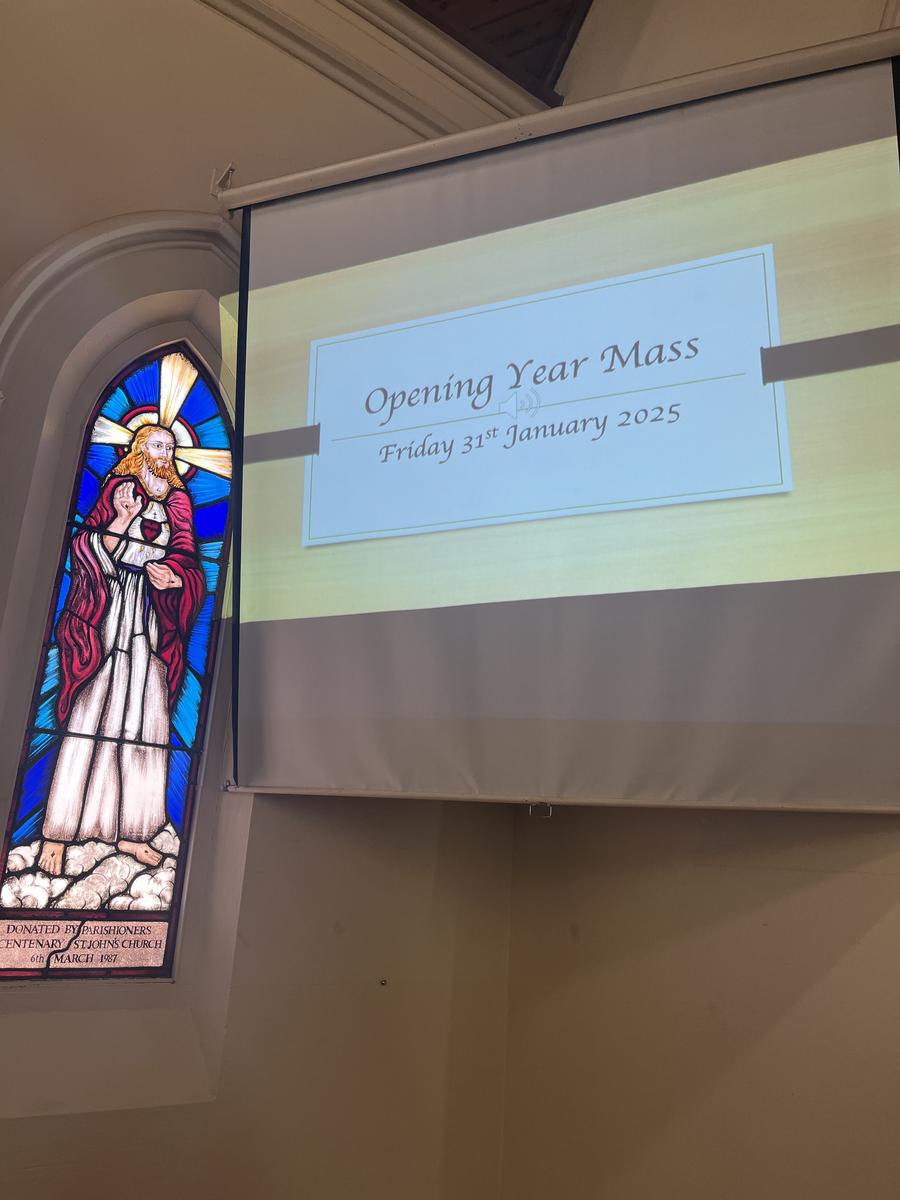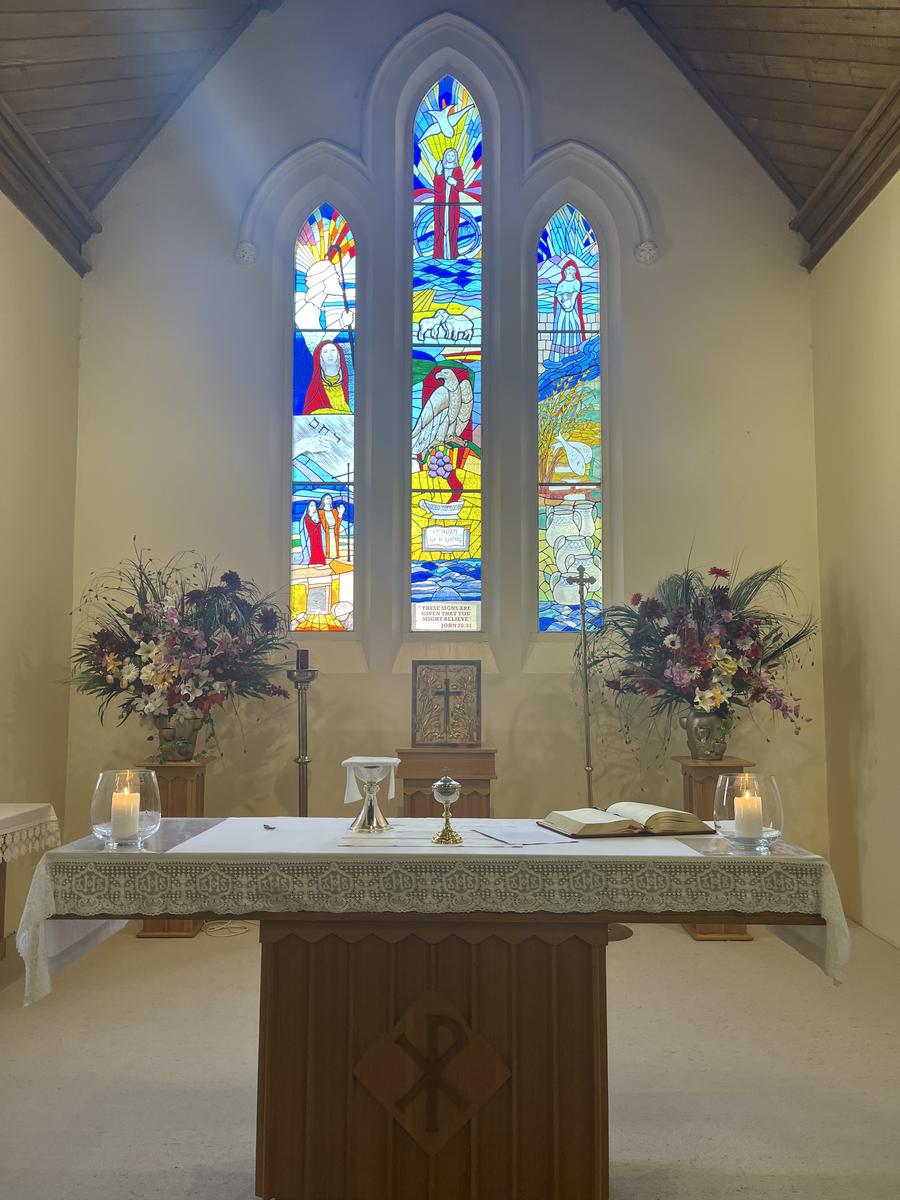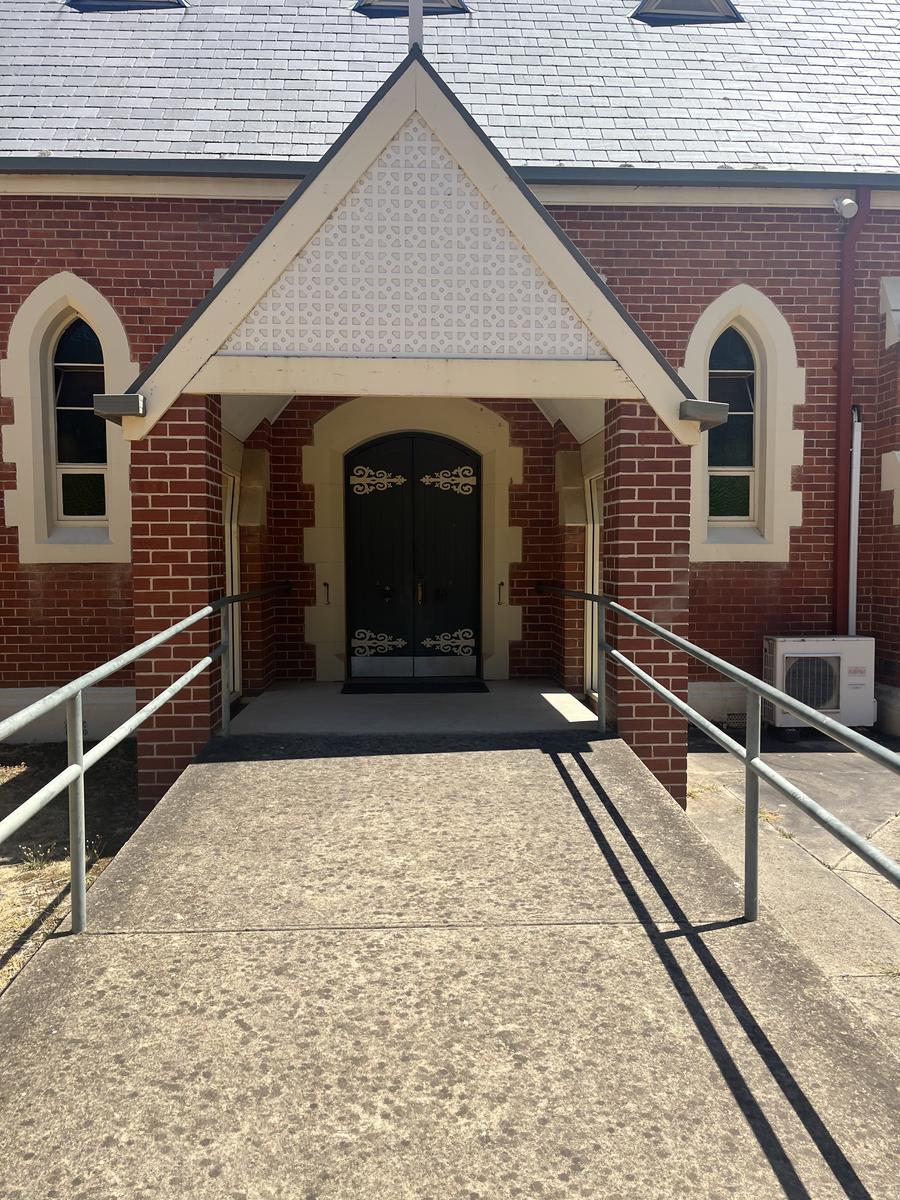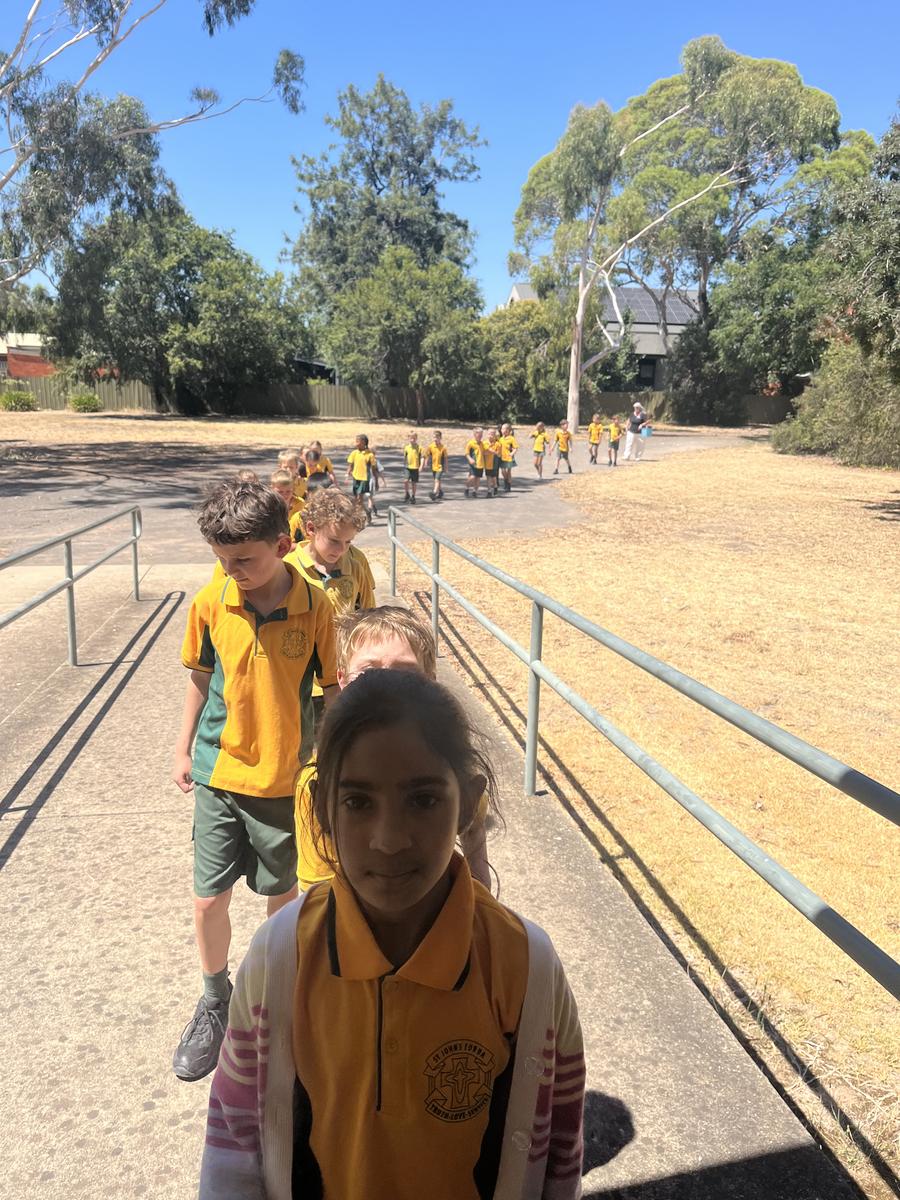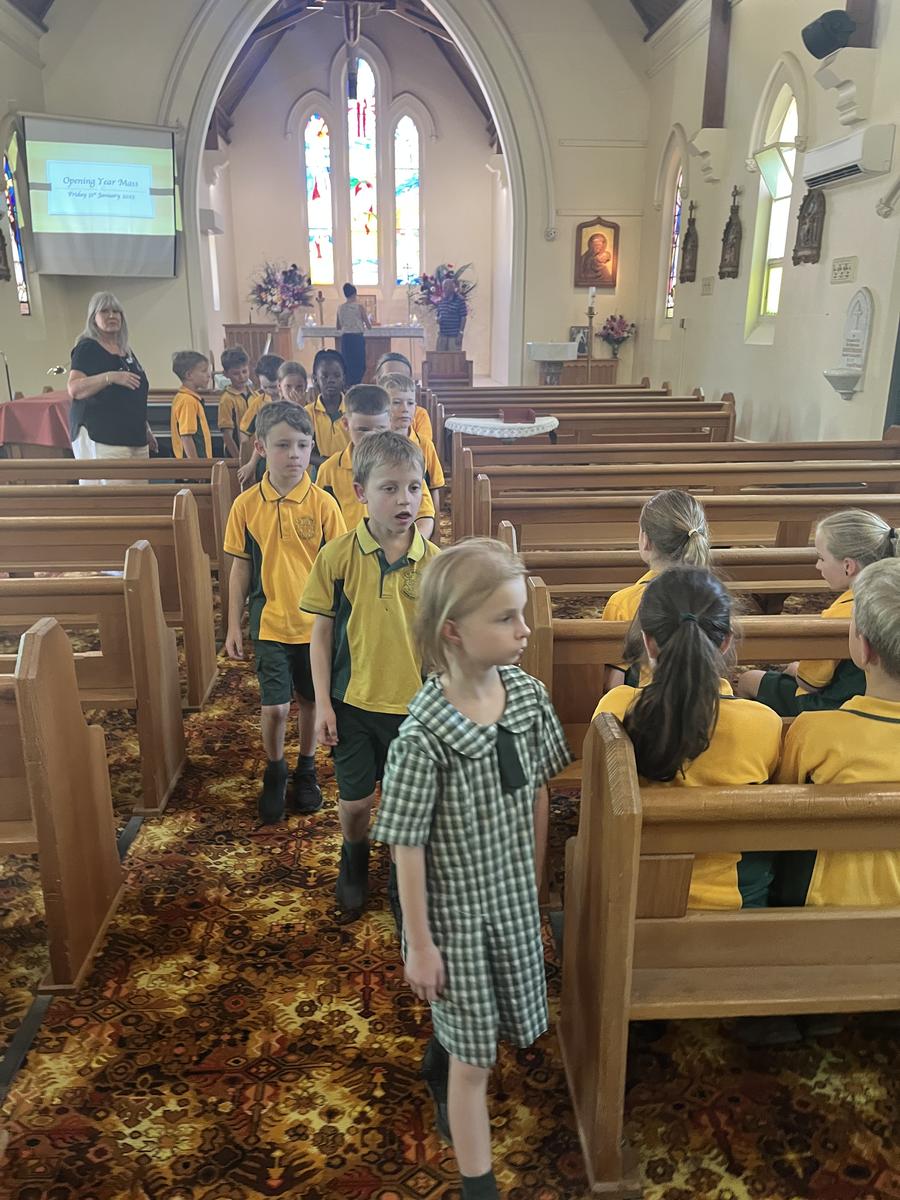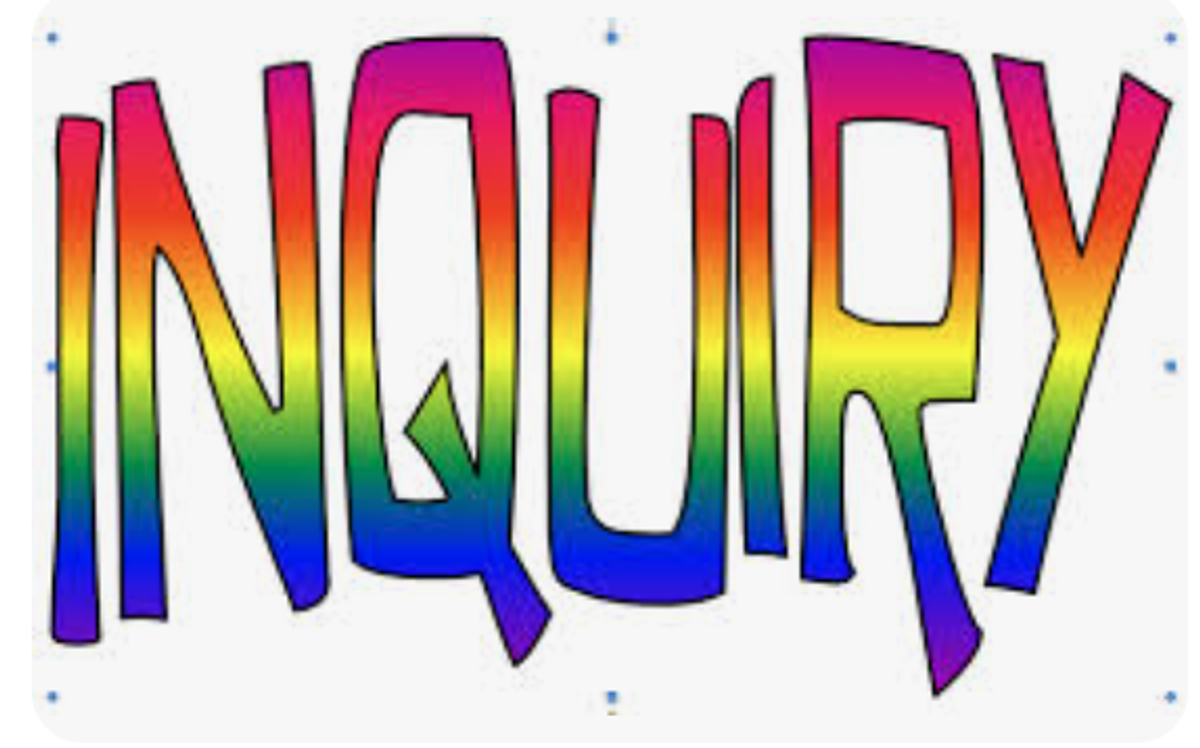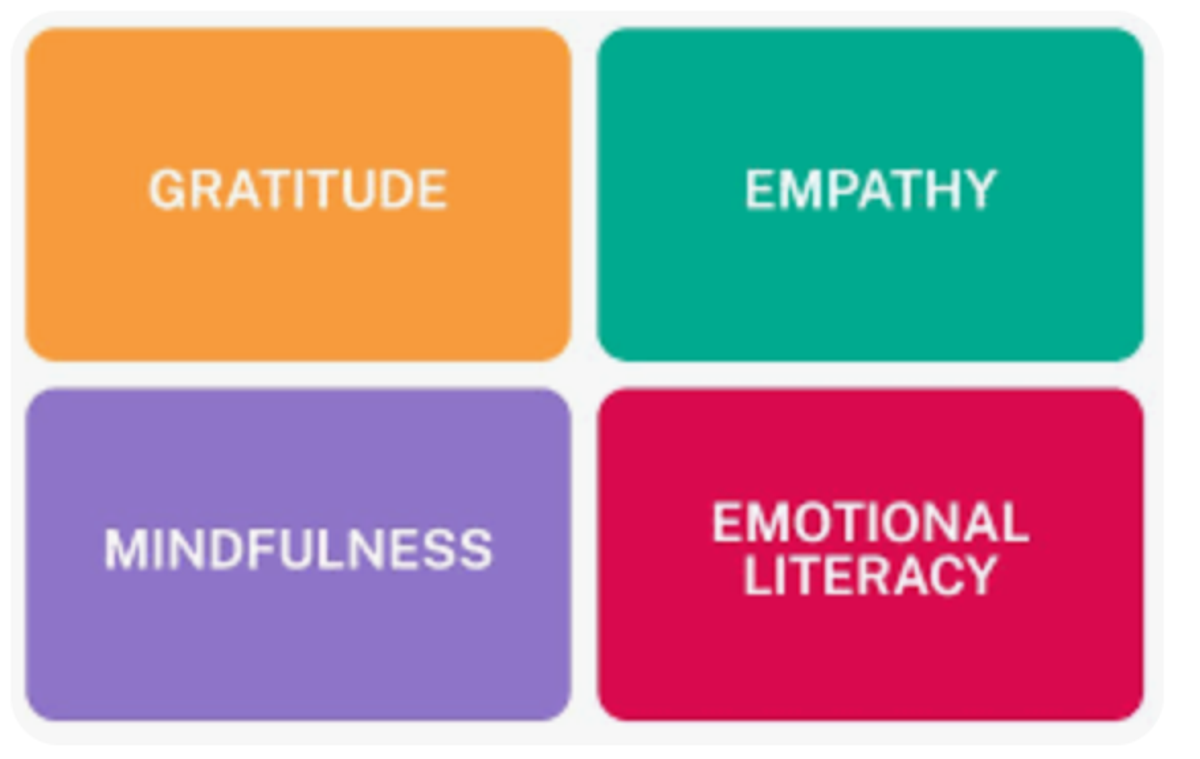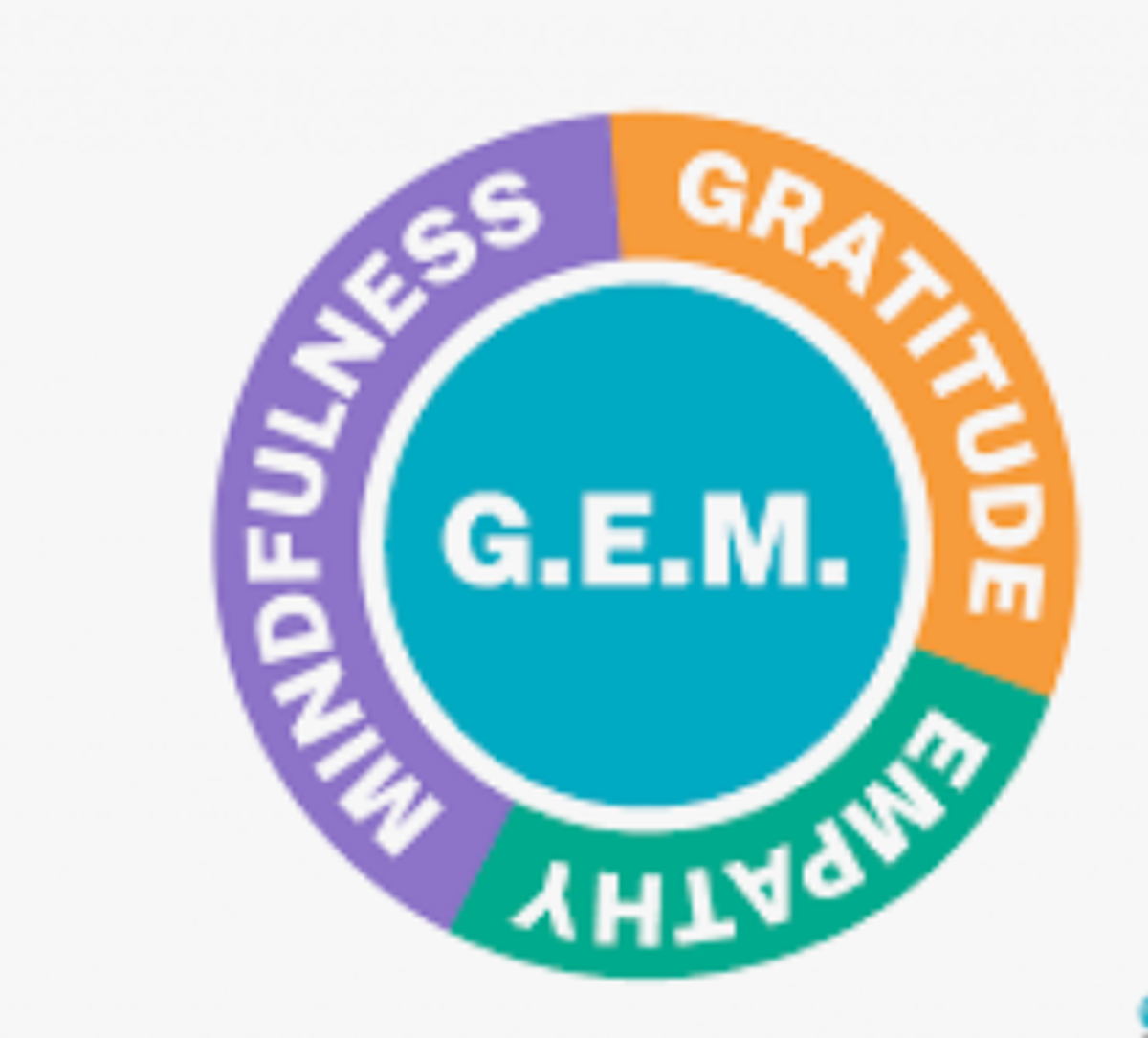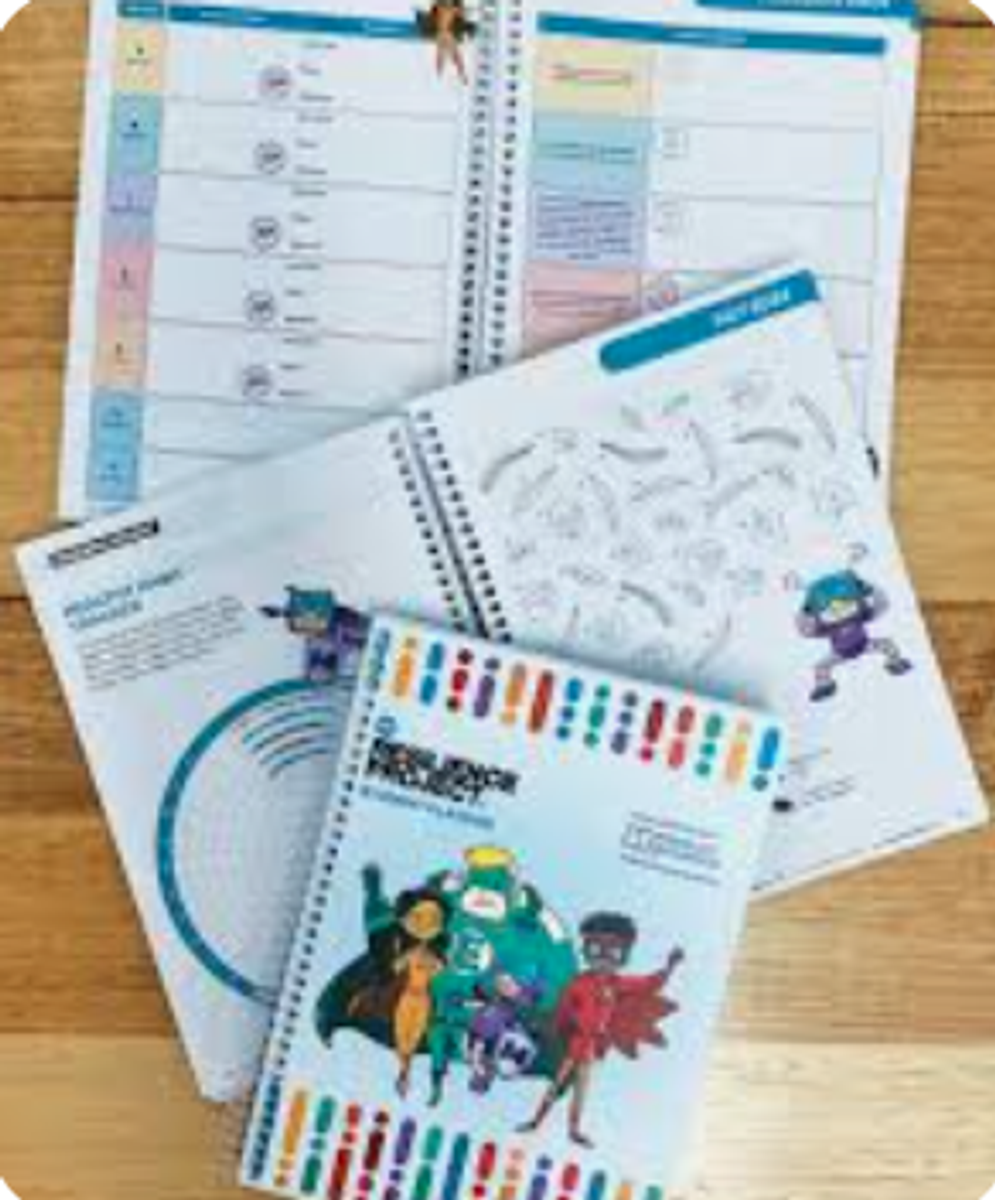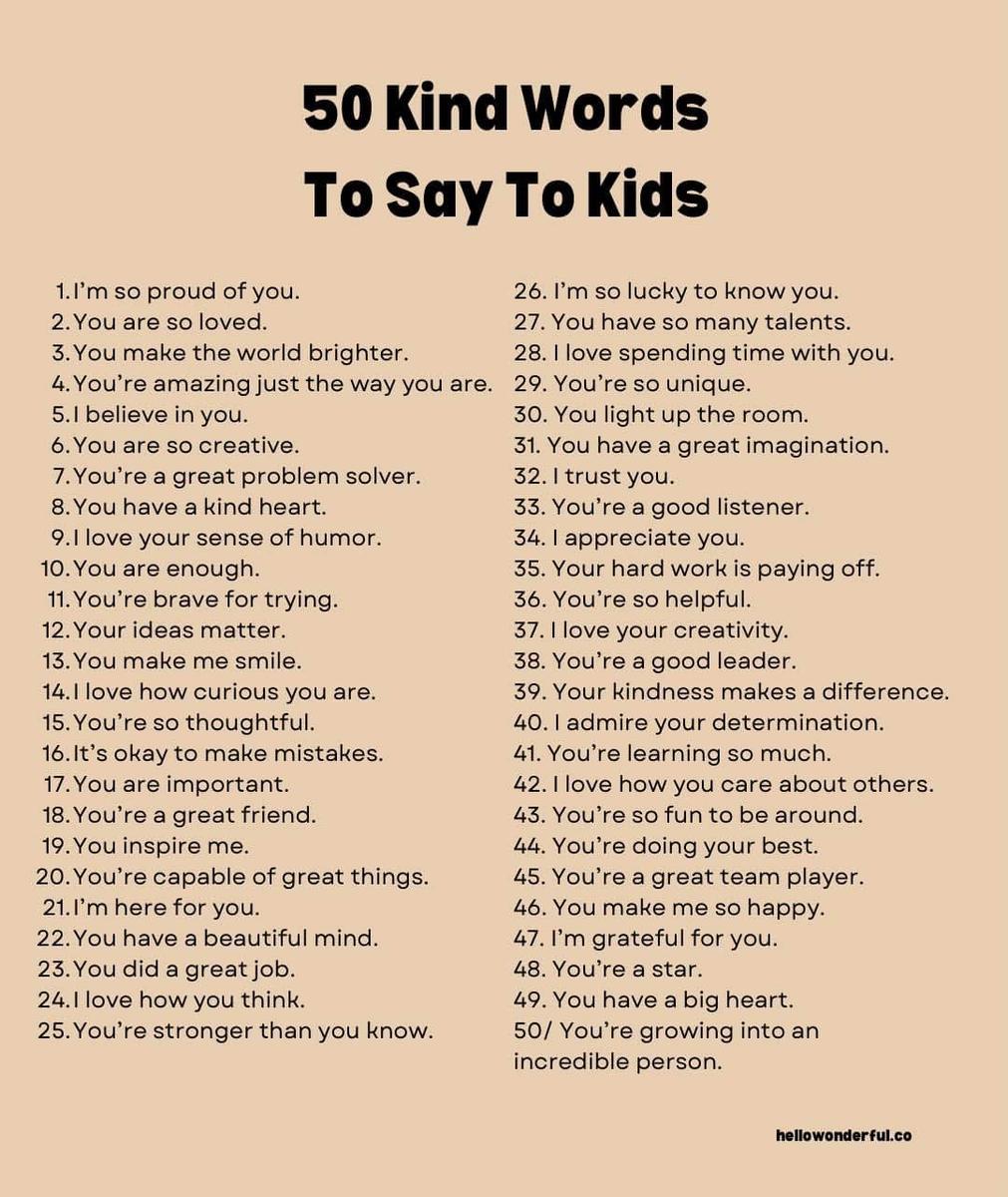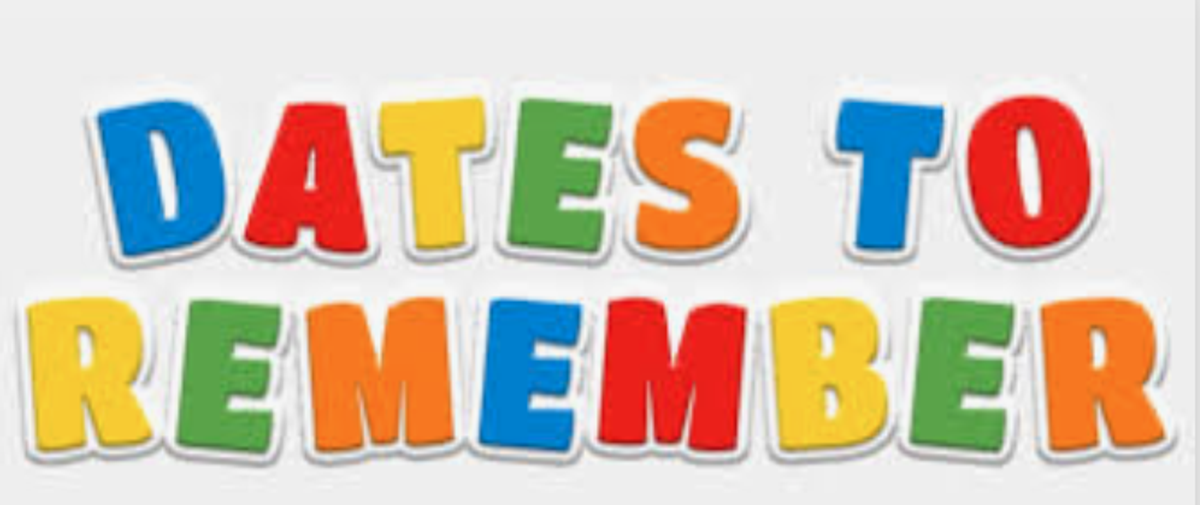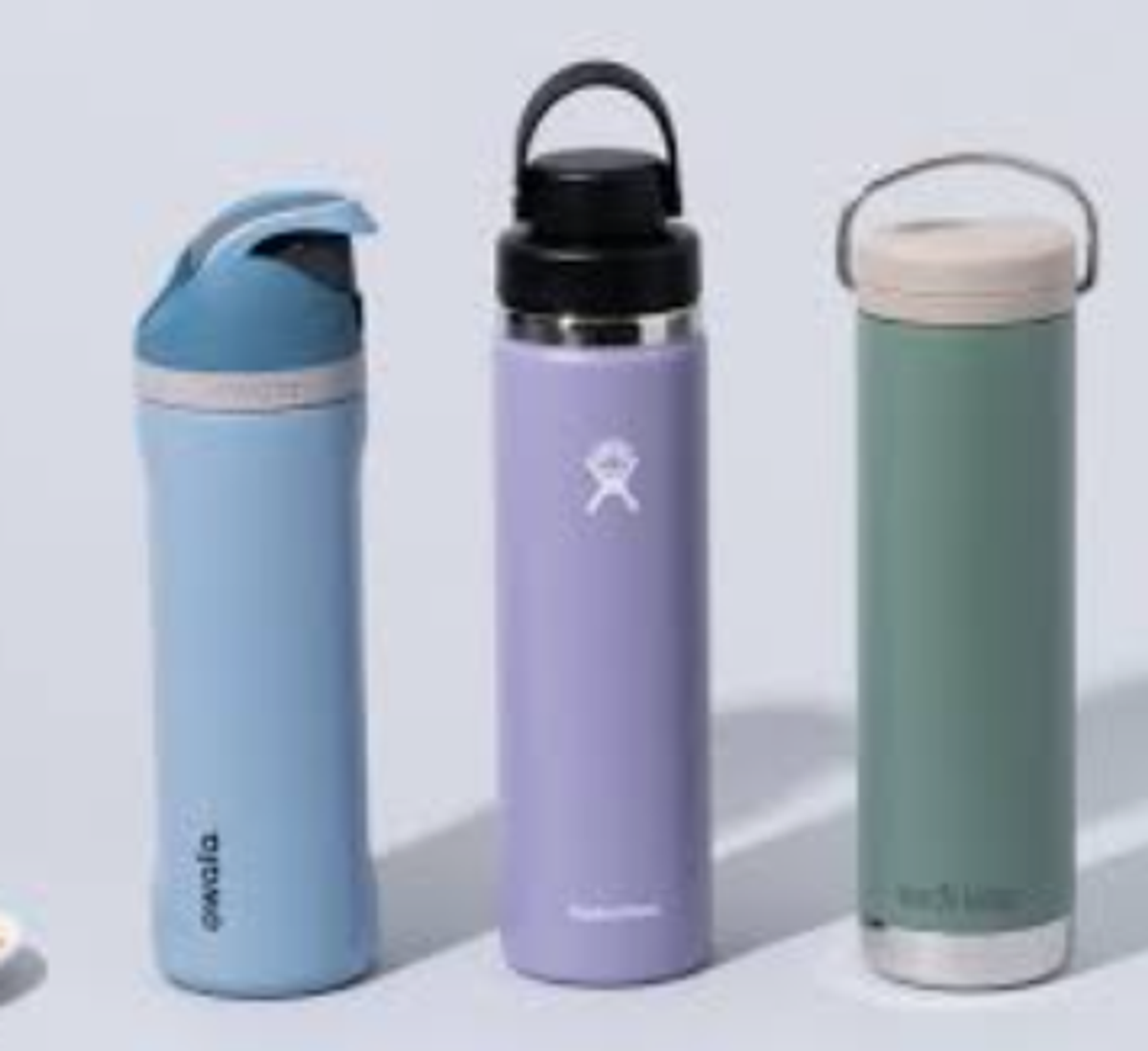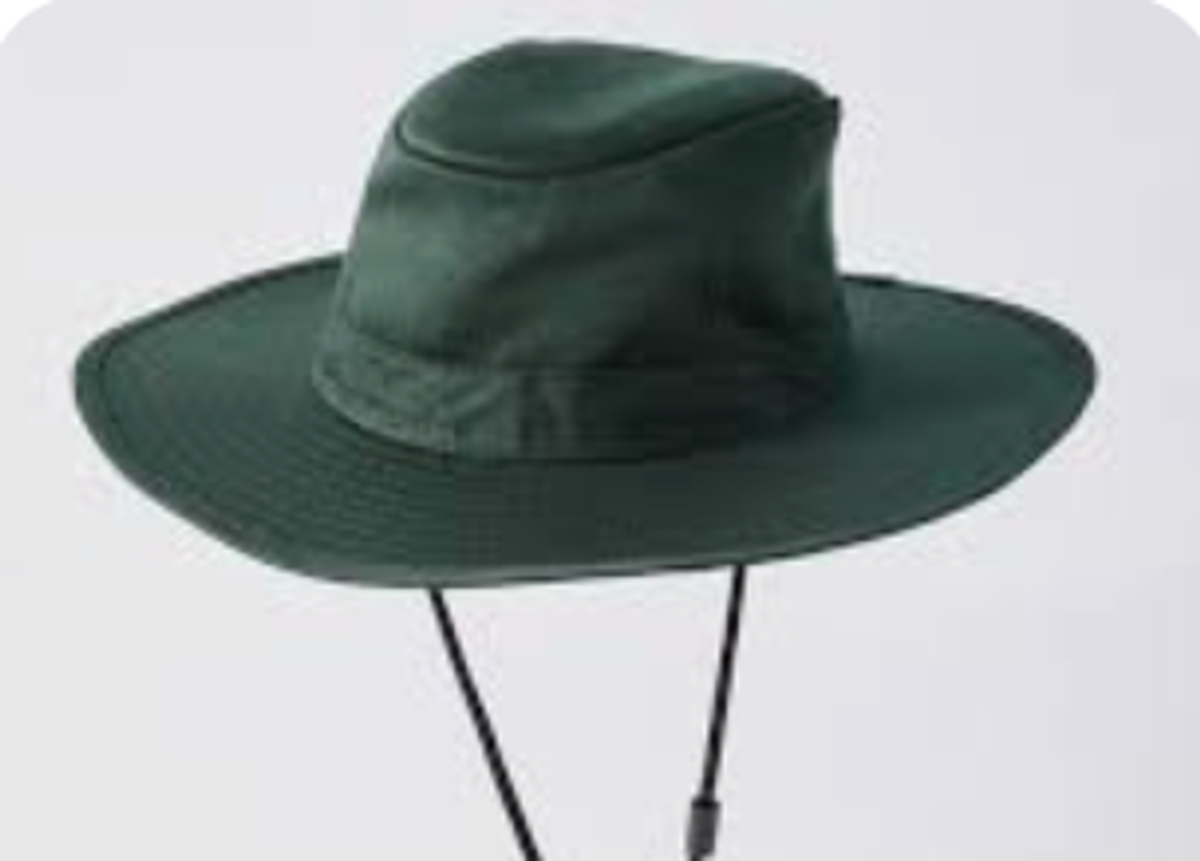Year 3

A Great Start
Despite the hot weather our class have settle extremely well into the new year. Students have quickly learnt new routines and expectations and all have been working extremely hard. Some of our new routines include
- reading nightly
- spelling words and tests
- getting diary signed and checked daily
- Table organisation
- class managers
- prayer
- whiteboard use
- Cues for listening
- working quietly, calmly and reliably
These are just a few. The students are becoming more and more familiar with the new Magnify delivery. Magnify Sandhurst combines evidence-based practices in teaching and learning to support each student's unique needs, strengths, and goals. The Magnify program focuses on strengthening core areas like literacy and numeracy, building supportive classroom environments, and integrating Catholic values in daily learning.
It is hard to believe that it is week 5. As we progress through the term please don't hesitate to pop in and check in. We are usually at school by 8am if you have any questions of concerns.
We decided to celebrate the birth of Year 3, 2025 with a birthday cake of course. Dee made us two cakes and they soon disappeared.
Your teachers Miss Ally and Mrs Swan
With over 50 plus years experience in teaching Paula and I have enjoyed sharing our class. Paula is in the classroom on Monday and Tuesday and I am in on Wednesday, Thursday and Friday. I am full-time at school making up the other two days in the Mental Health in Primary school role (MHiPs). Paula and I communicate daily and anything shared by parents and caregivers is shared with her. If either of us is sick or need to attend a conference we have the flexibility of swapping our classroom days therefore ensuring the continuity of classroom teaching.
We are both mothers and I am also a grandmother (the next one is due in April). I always remember coming across students in my early years of teaching wondering why kids came in with messy hair and Vegemite still on their faces. Fast forward after having three under two, I soon worked it out. Life is busy, so there is no judgement here! I gave up on brushing my twins hair when they were 2... I couldn't catch them! And don't get me started on trying to listen to them all read once they started school!
We encourage you to read our classroom newsletters. We will endeavour to include lots of photos and information about what has been happening in our classroom as well as around the school.
Matilda
This term our classroom novel is Matilda , written by Roald Dahl. The students have loved listening to each chapter being read to them and are continually asking for more to be read. Throughout the book we explore the structure of narratives as well as lots of new vocabulary . The students have also started watching the movie and noticing the difference in the depth of the story in the book compared to the video. You can't watch a movie without popcorn of course! We will continue to read the second half of the book and then watch the rest of the movie
Handwriting
We work on developing our handwriting skills weekly. Recently we have been looking at spacing, placing letters on the line, ensuring the letters are the same size and making sure that some letters sit below the line.
Our mathematics lessons have been focusing on counting and place value including,
- recognising odd and even numbers
- reading, writing and representing 2,3,4,5 and 6 digit numbers
- comparing and ordering numbers
- writing the standard expanded forms of numbers eg.456 is 400 + 50 +6
- writing the non-standard expanded forms of numbers eg. 456 is 400+56
- identifying 1 more,10 more and 100 more
- identifying 1 less,10 less and 100 less
We are now starting a new unit addition and subtraction. Our Maths program continues to be supported by Chris Buhler with the maths intervention program. Chris works with small groups to close the gaps in their mathematical understanding.
Maths at Home
Helping with maths can be fun and effective by turning learning into a game and making it practical. Here are some creative ways to do that:
1. Math Games and Apps:
- Use educational apps like Prodigy, Math Bingo, or Splash Math to make practice fun.
- Board games like Monopoly Junior and Sum Swamp teach basic mathematics.
- Card games like Uno or playing with a deck of cards to practice addition and subtraction.
2. Hands-On Activities:
- Cooking and Baking: Involve them in measuring ingredients to learn fractions and multiplication.
- Shopping Trips: Give them a budget and let them calculate totals and change.
- Building Blocks or LEGO: Teach geometry and spatial awareness through building shapes and structures.
3. Math in Daily Life:
- Calendar Counting: Practice addition or subtraction by calculating days until an event.
- Time Management: Use clocks to learn about time, duration, and schedules.
- Money Maths: Practice counting coins and making change during pretend play.
4. Outdoor Learning:
- Scavenger Hunts: Create maths-related clues that require solving problems to find the next clue.
- Hopscotch Maths: Write numbers in each box and have them solve maths problems to advance.
- Nature Maths: Count leaves, flowers, or rocks and practice addition or multiplication.
5. Puzzles and Brain Teasers:
- Sudoku for Kids and Maths Crossword Puzzles enhance logical thinking.
- Tangrams to learn about shapes and geometry.
6. Story Problems and Role-Playing:
- Make up fun story problems that involve their favourite characters or interests.
- Role-playing as a store owner or cashier helps them practice addition, subtraction, and money handling.
Our Religious Education focus this term is on Prayer. Why is prayer important? How do I pray. In this unit students will be invited to deepen their relationship with God through prayer. They will have opportunities to be involved in different prayer experiences as individuals and in community, starting with our year 3 and 4 Mass this Friday. Students will begin to connect to the purpose of different forms of prayer.
We attended our first Mass earlier in the term. The year 3's were outstanding in church.
This term, our class is exploring the topic of Democracy! We are learning about how people make decisions together and why it's important for everyone to have a voice. We’ve been discussing how voting works and how leaders are chosen fairly. We’re also talking about the importance of listening to different opinions and being respectful, even when we don’t all agree. Through fun activities and group discussions, we are discovering how democracy helps us work together as a community.
Students are learning to understand the importance of making decisions democratically.
By the end of this lesson, students will Identify different ways decisions can be made in a democratic manner and understand and articulate the importance of rules and collective choices in a community.
The Resilience Project
A resilience program in schools is designed to equip students with the skills and mindset needed to navigate challenges, manage stress, and adapt to change. These programs typically incorporate activities that build emotional intelligence, problem-solving abilities, and positive coping strategies. By fostering a supportive environment, resilience programs help students develop self-confidence, perseverance, and a growth mindset. This not only enhances their academic performance but also supports their overall mental well-being. Through interactive workshops, group discussions, and real-life scenarios, students learn to build healthy relationships, set realistic goals, and face setbacks with a constructive outlook.
Class Mass 28th Feb
Assembly 28th Feb
Curriculum Evening 12th March
Harmony Day 21st March
End of Term: Friday 4th April
Beginning of Term 2: Monday 28th April
Monday:
Art specialist
Wednesday:
PE specialist
STEM specialist
JAPANESE specialist
Lunch orders
DON'T FORGET
